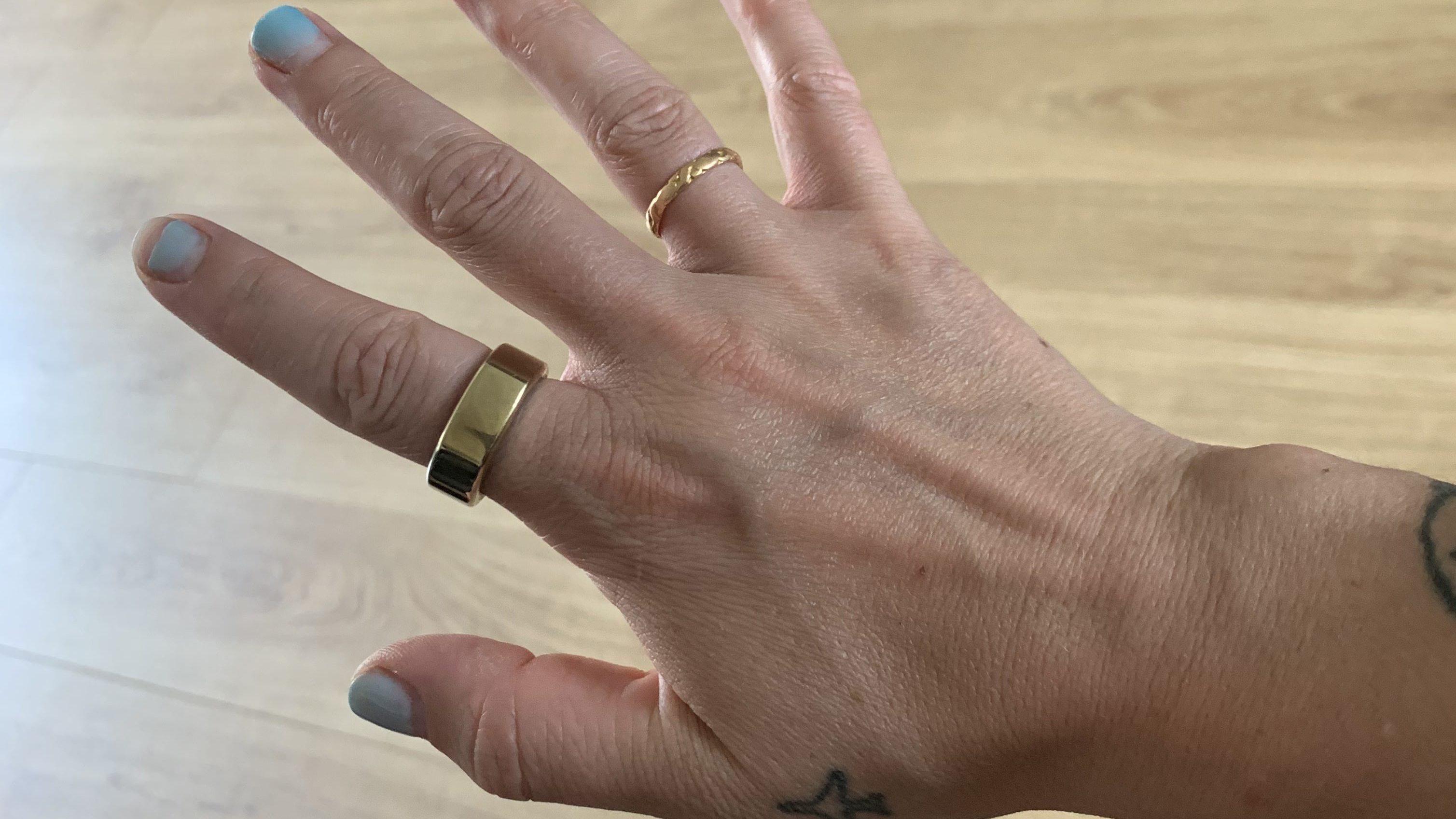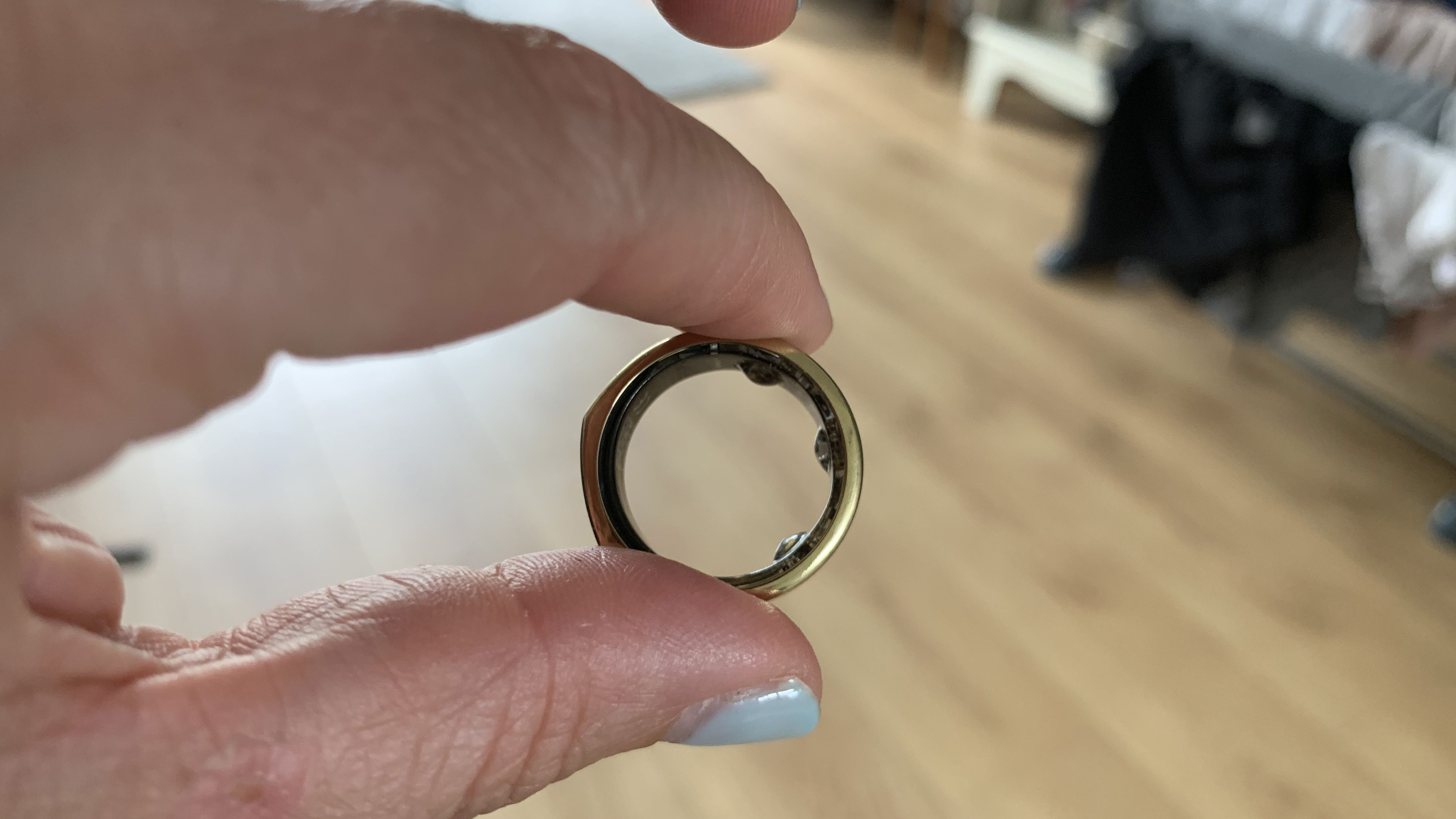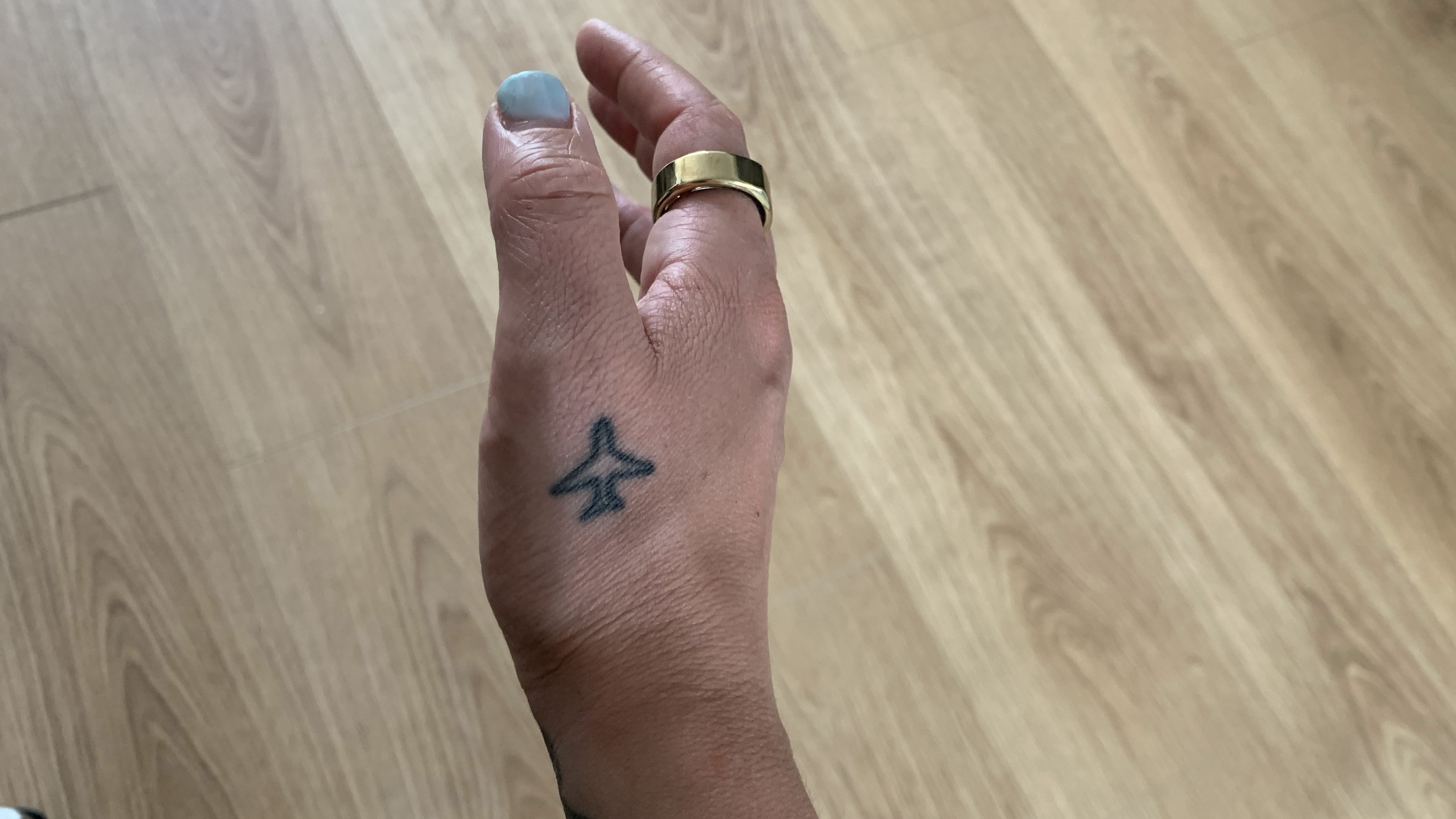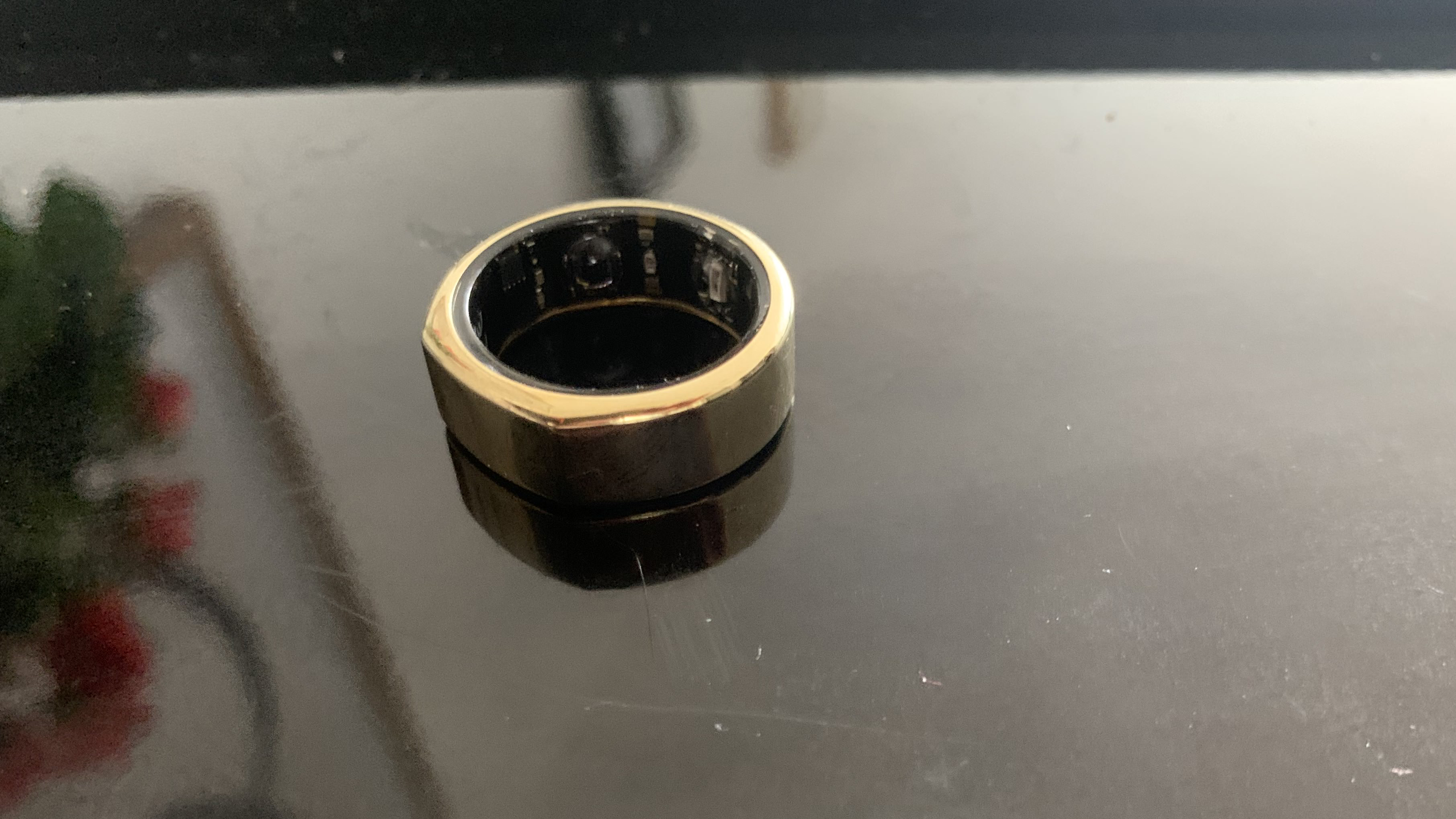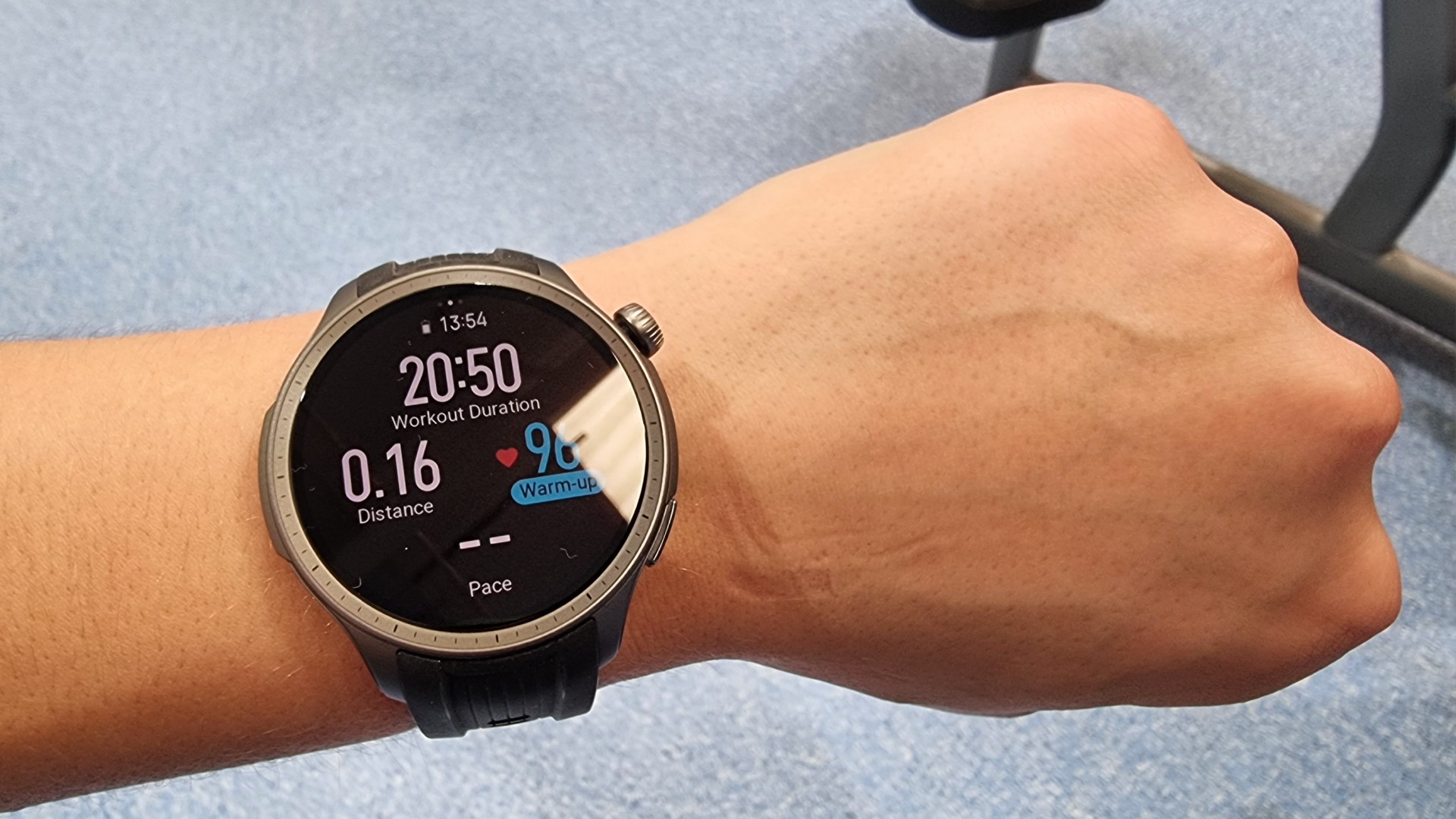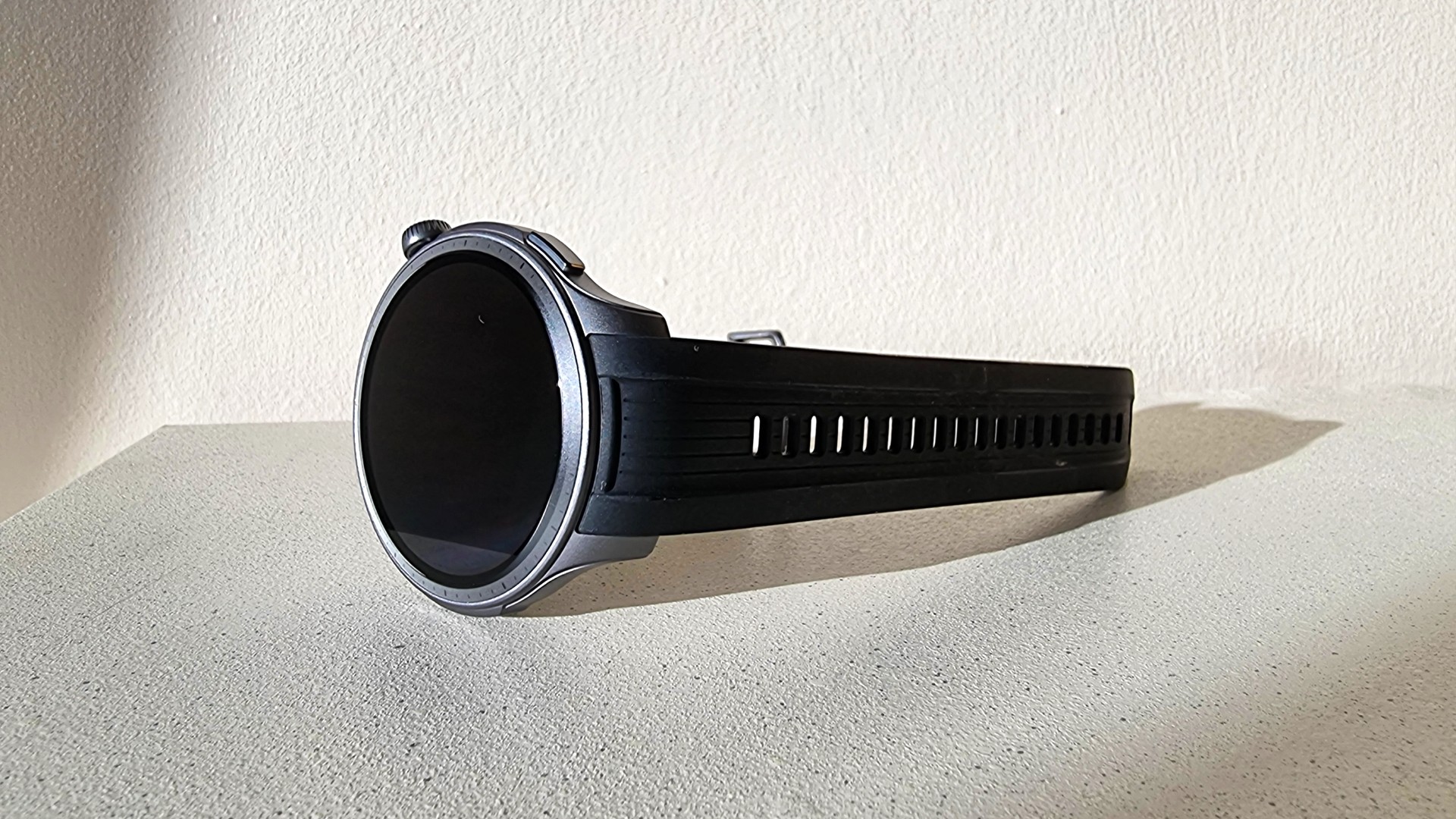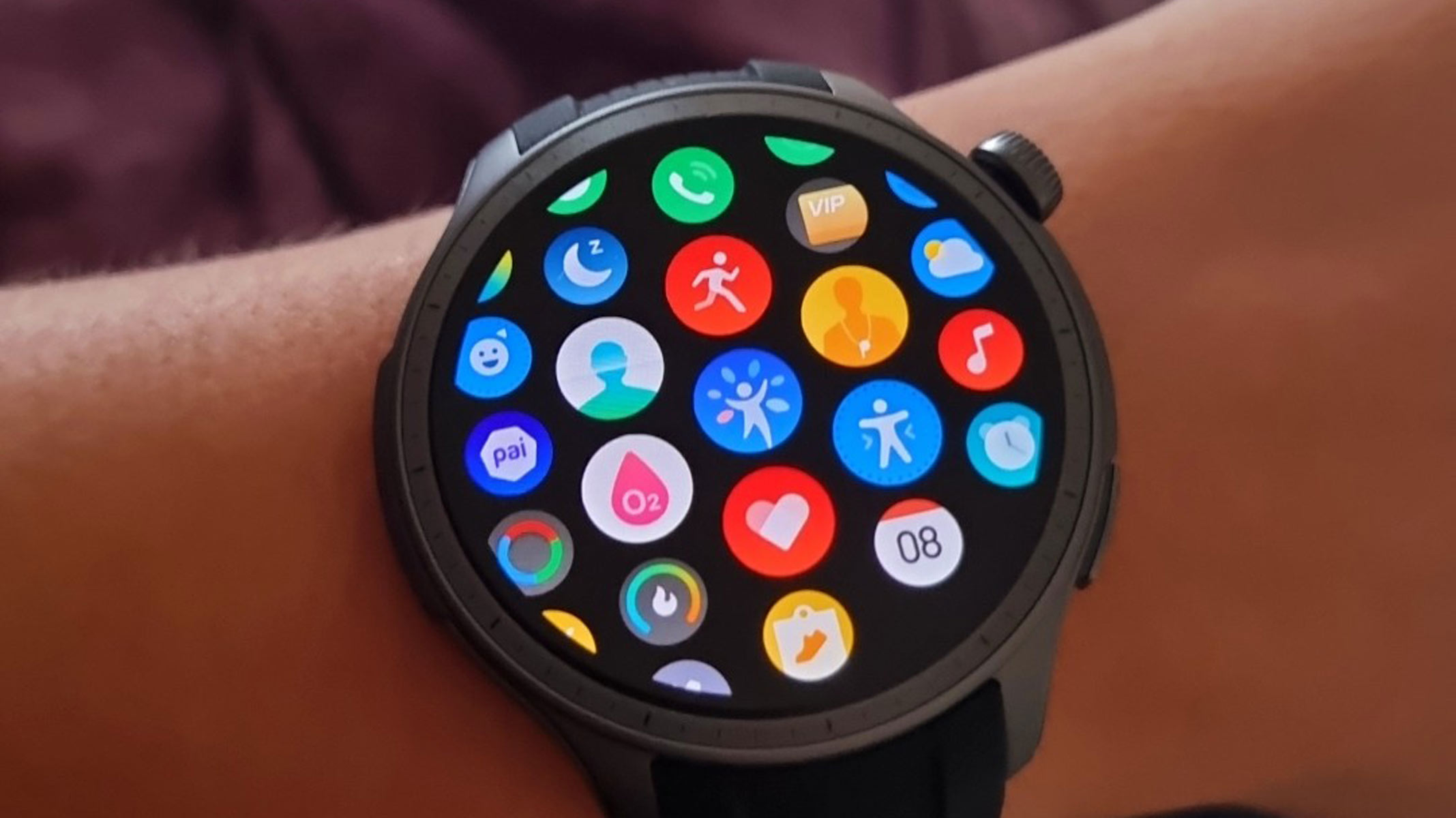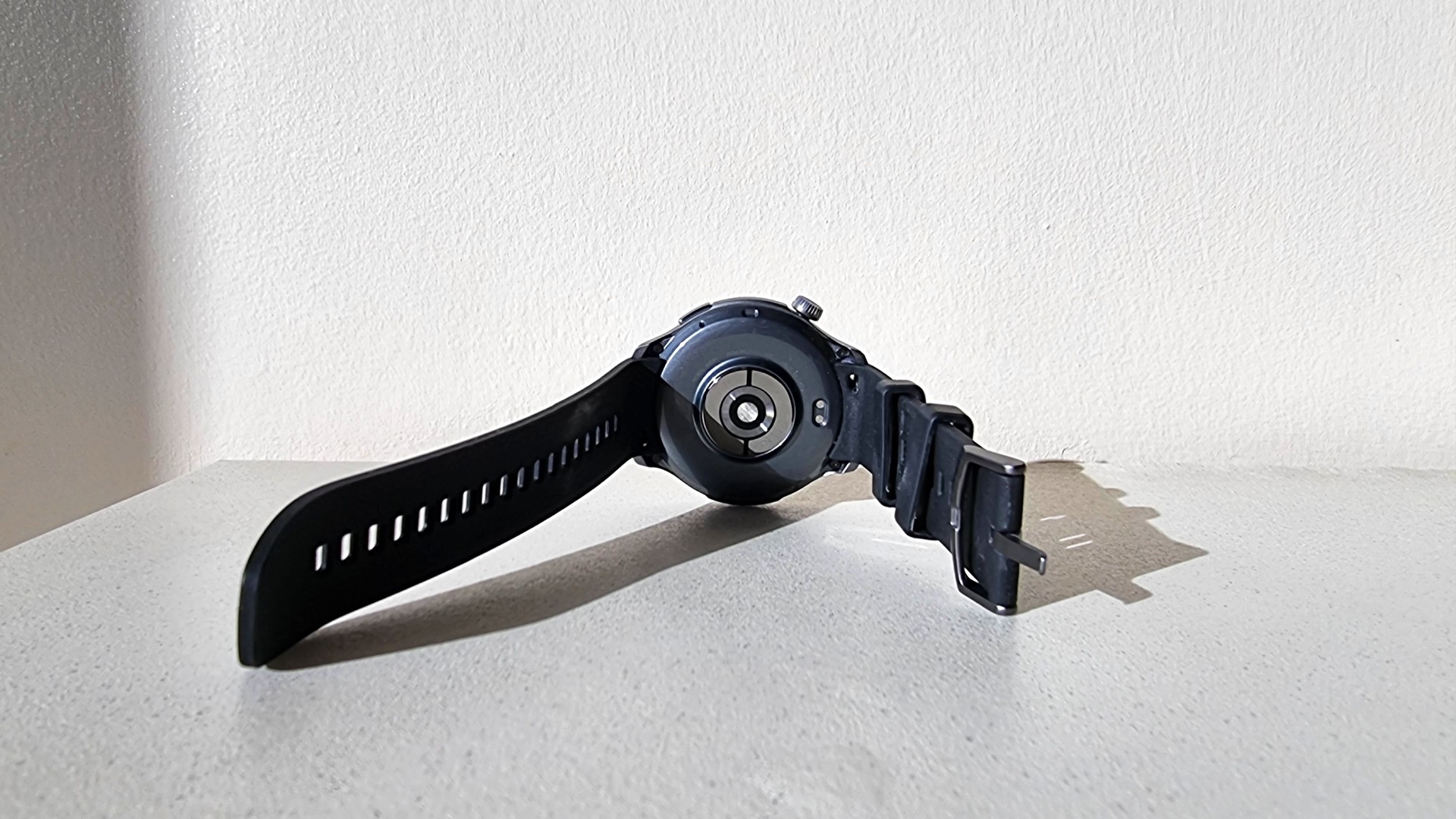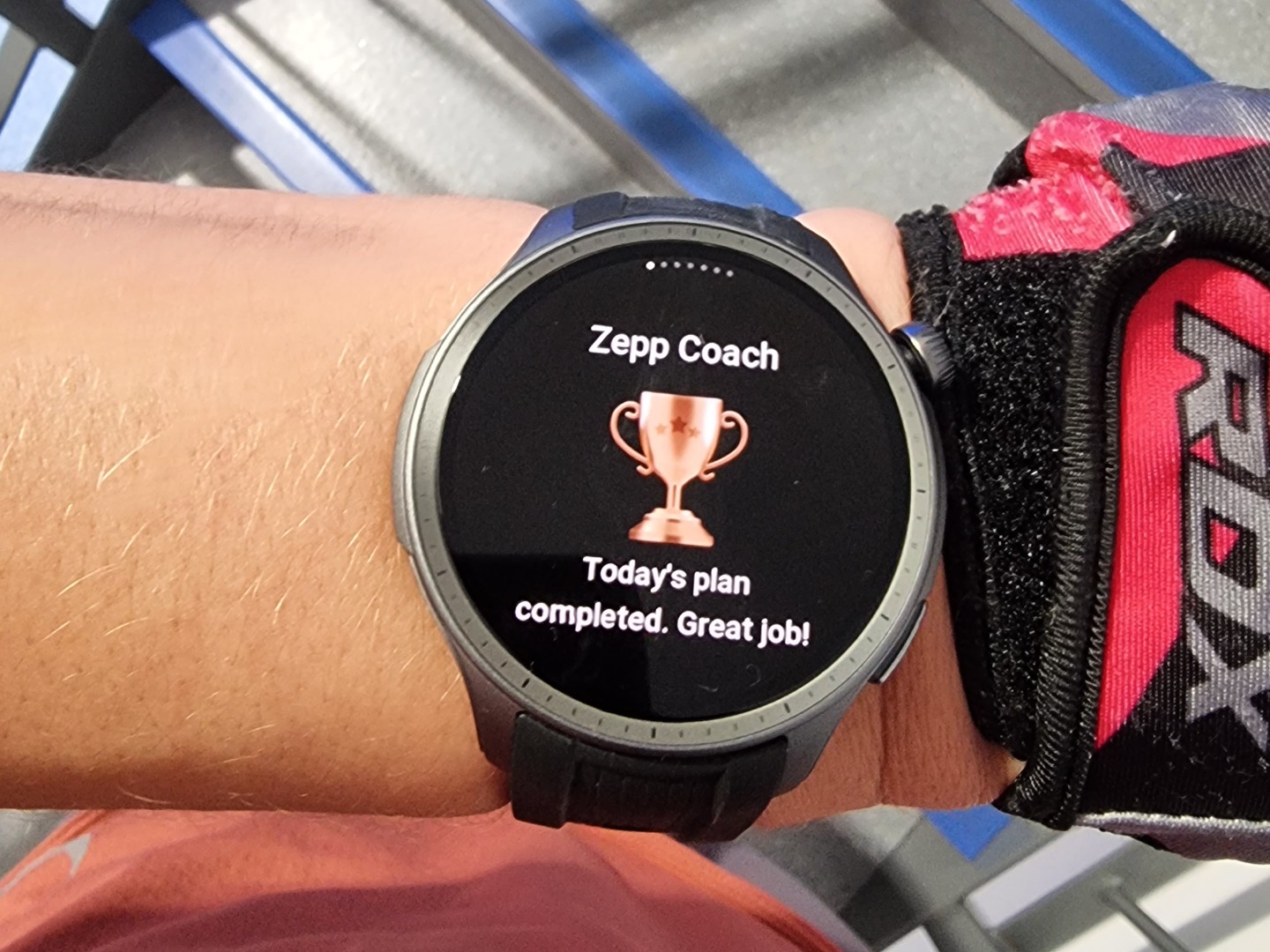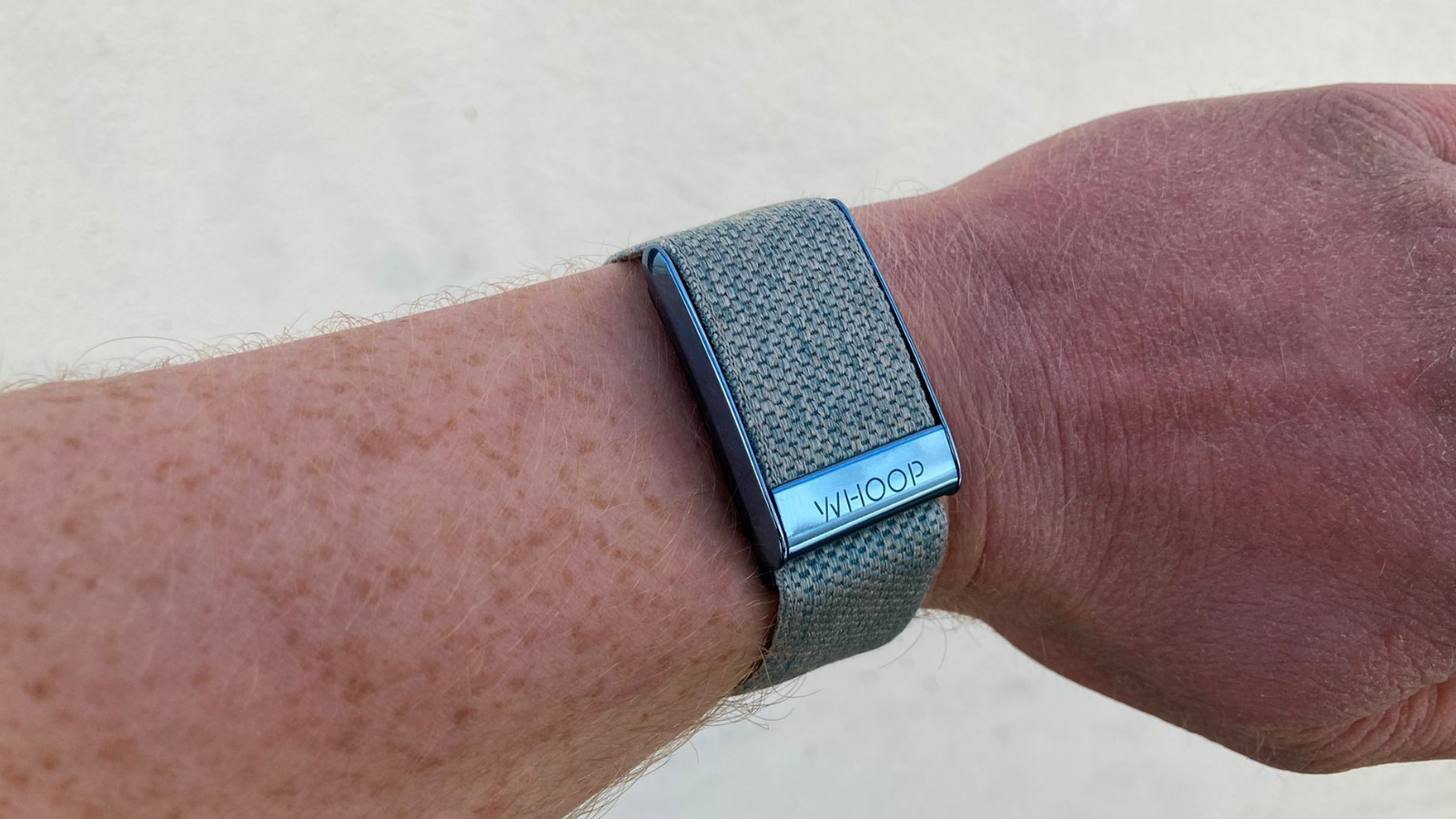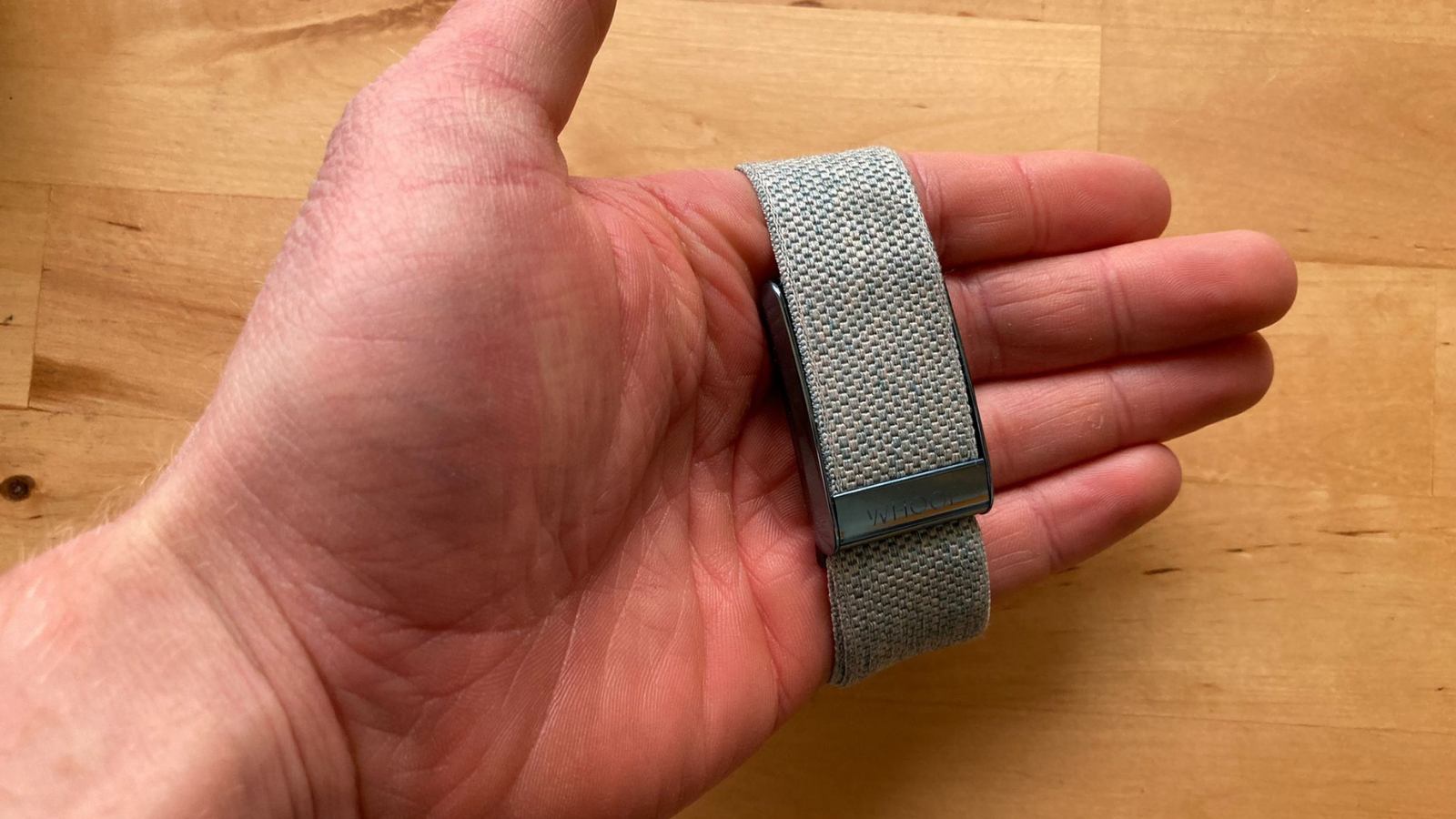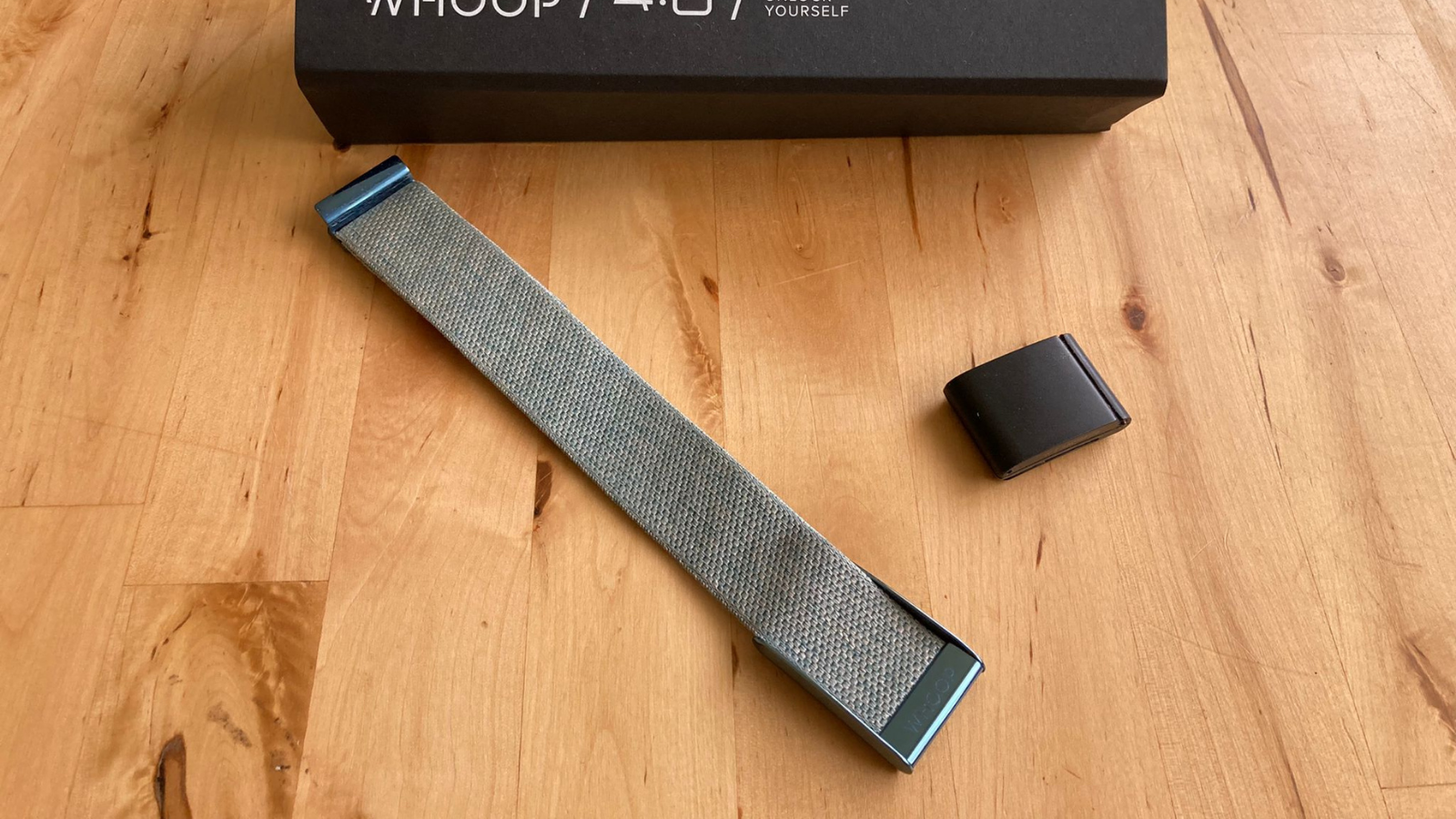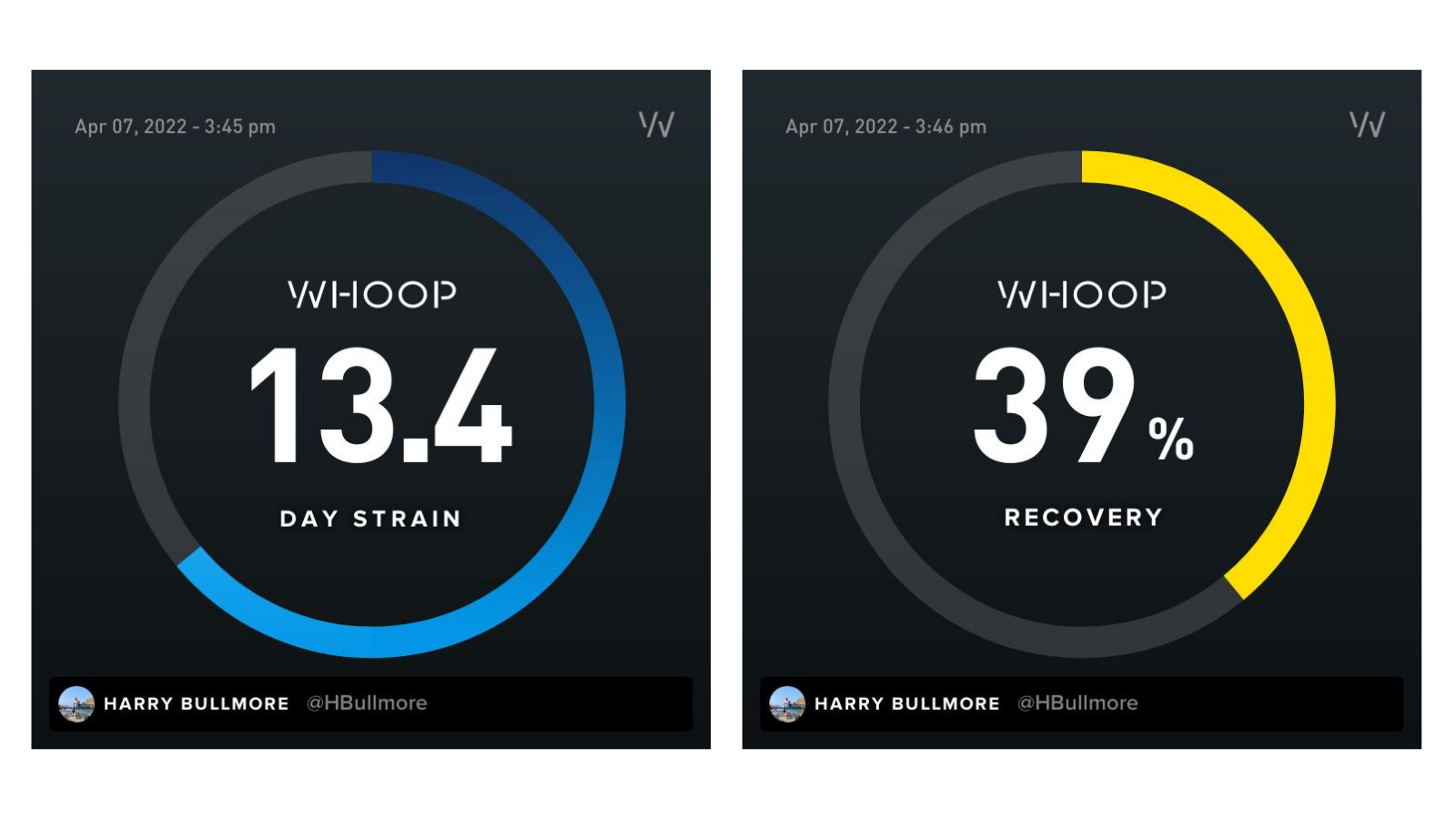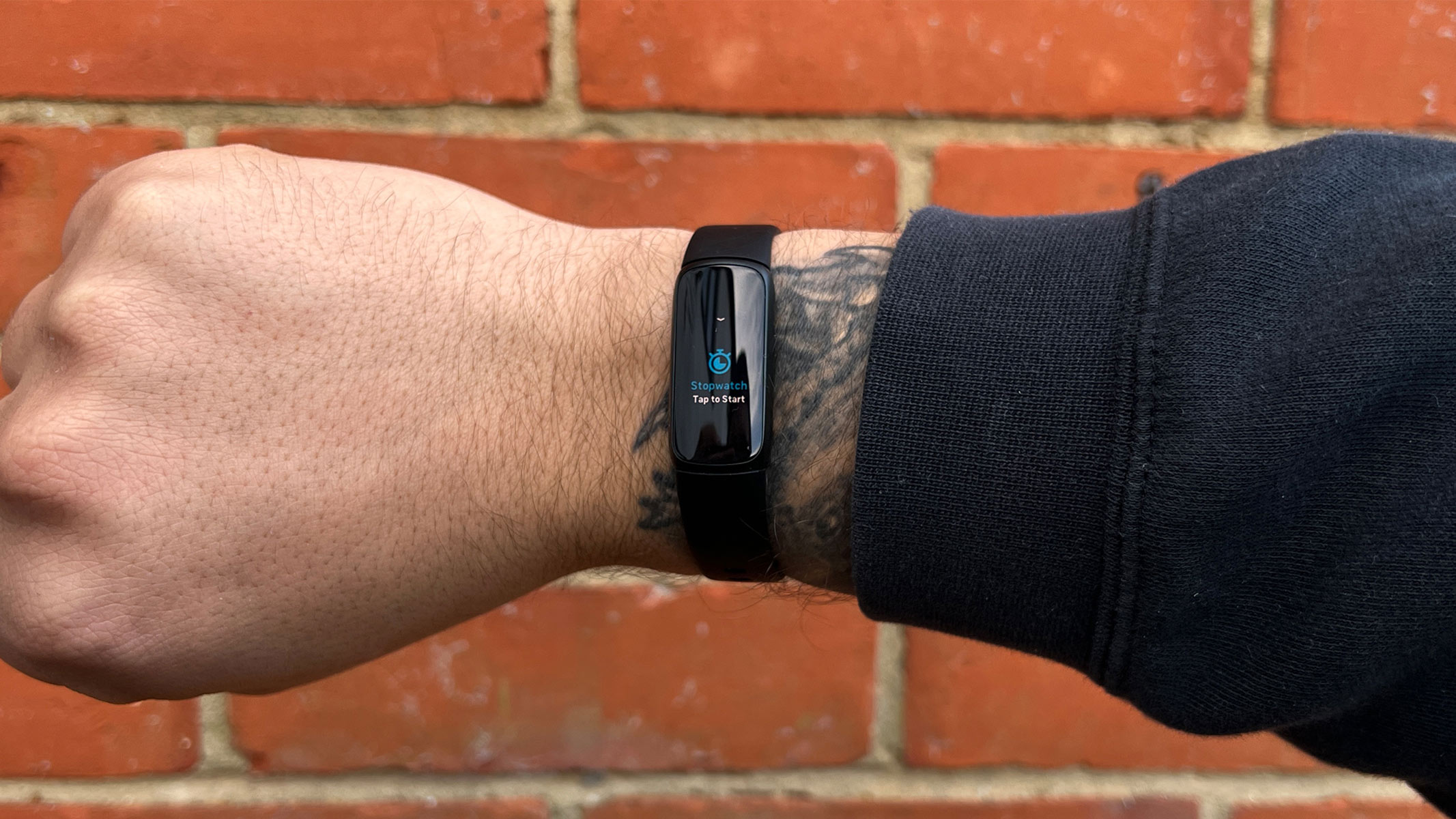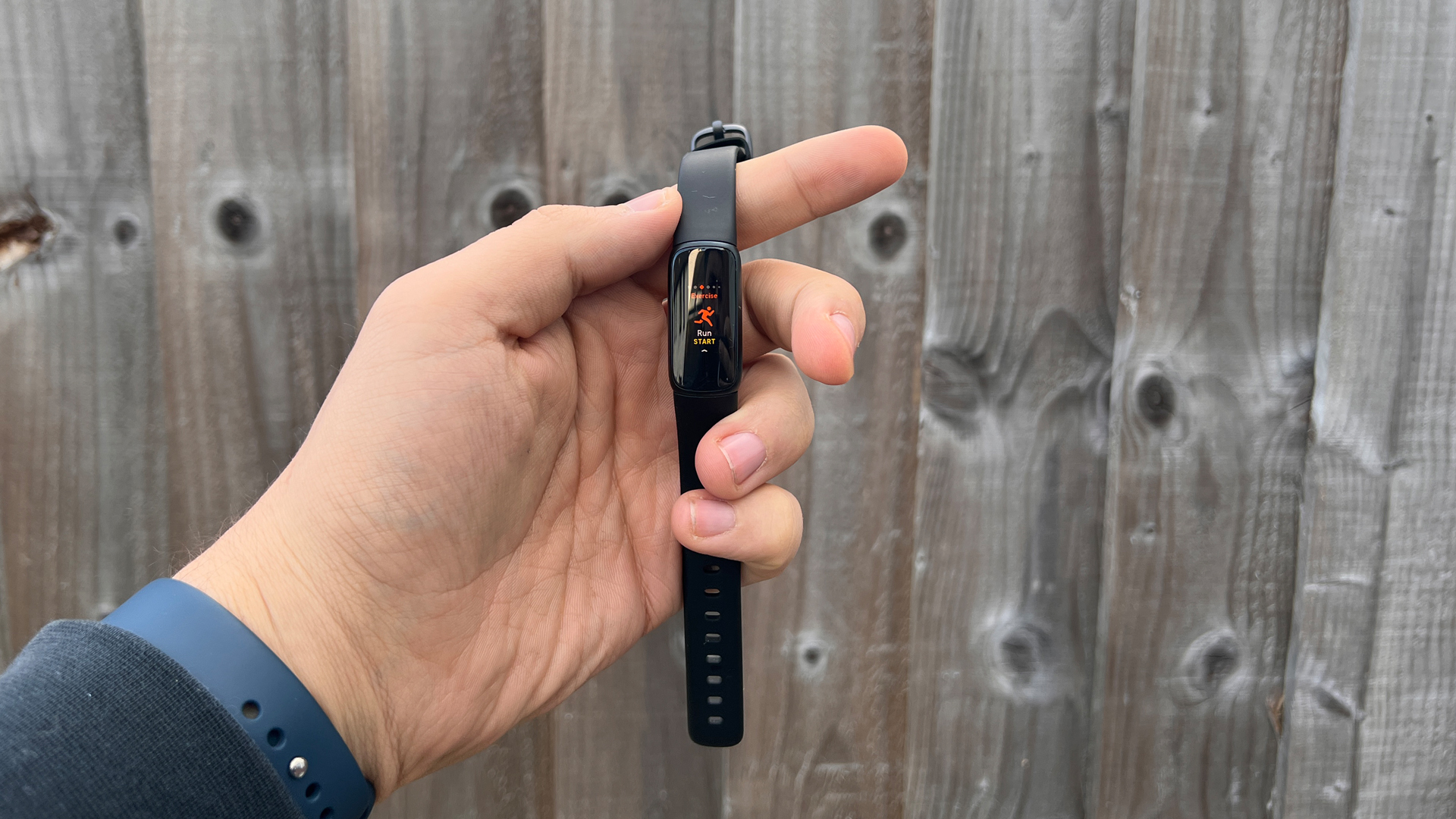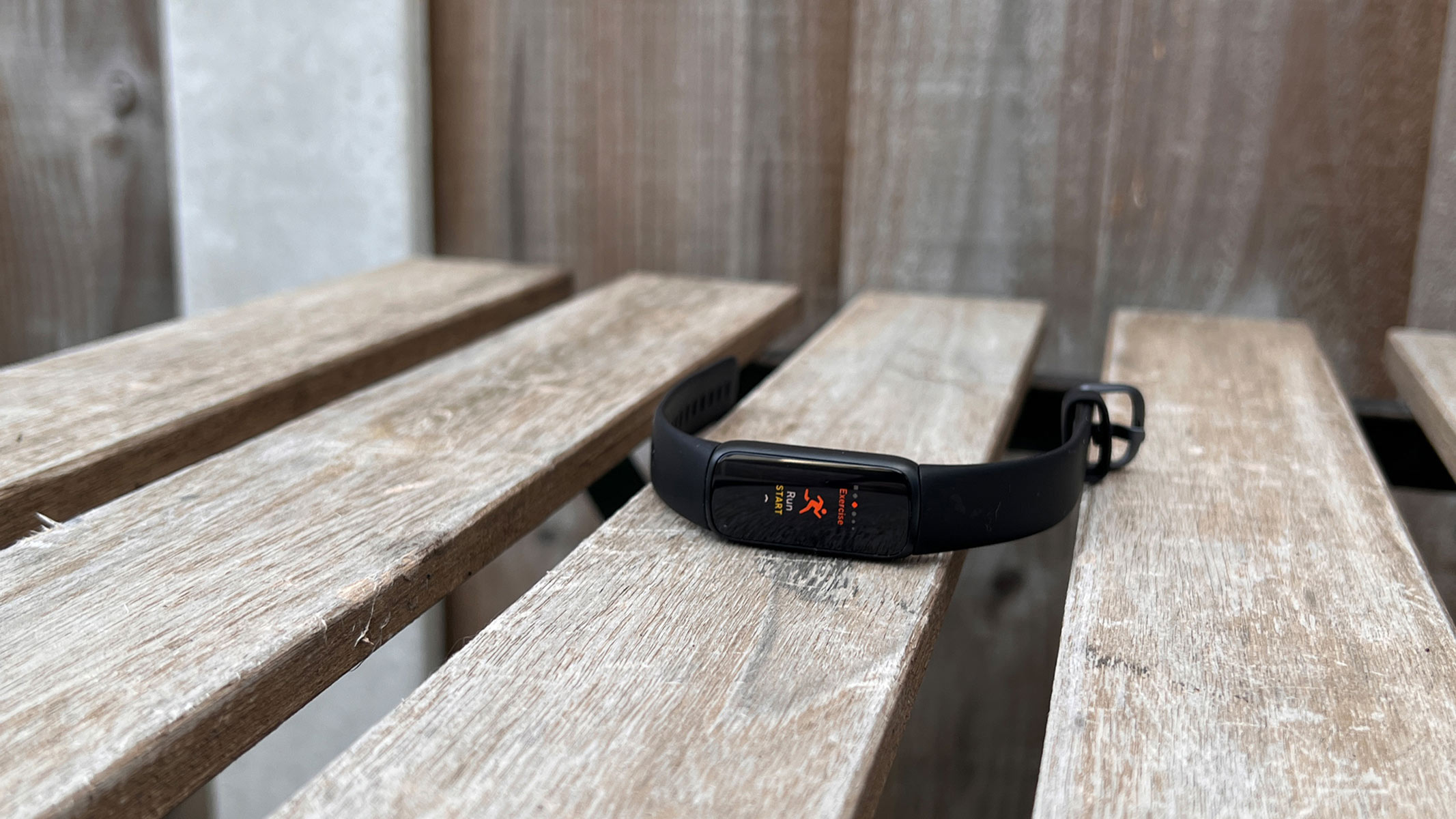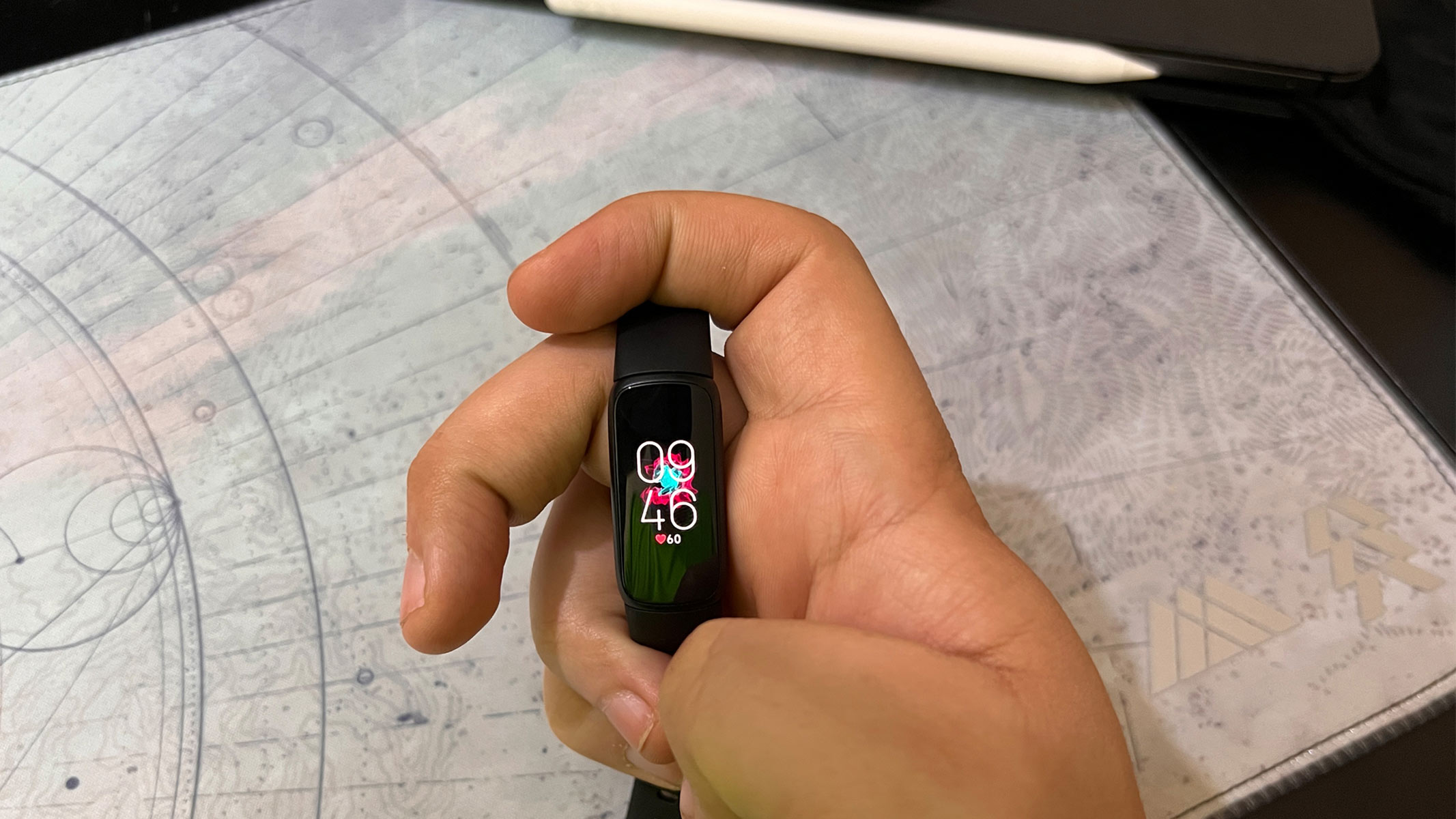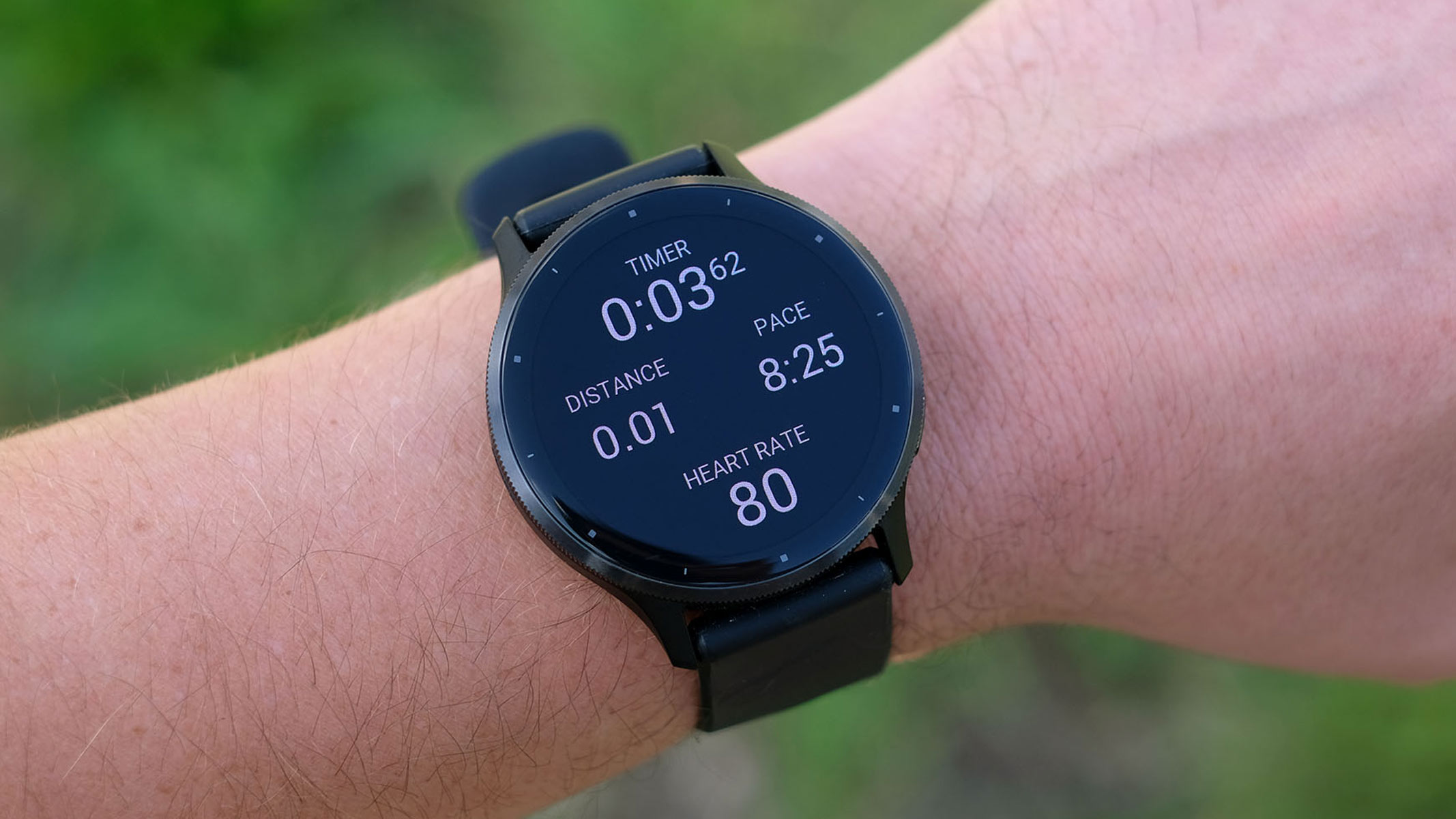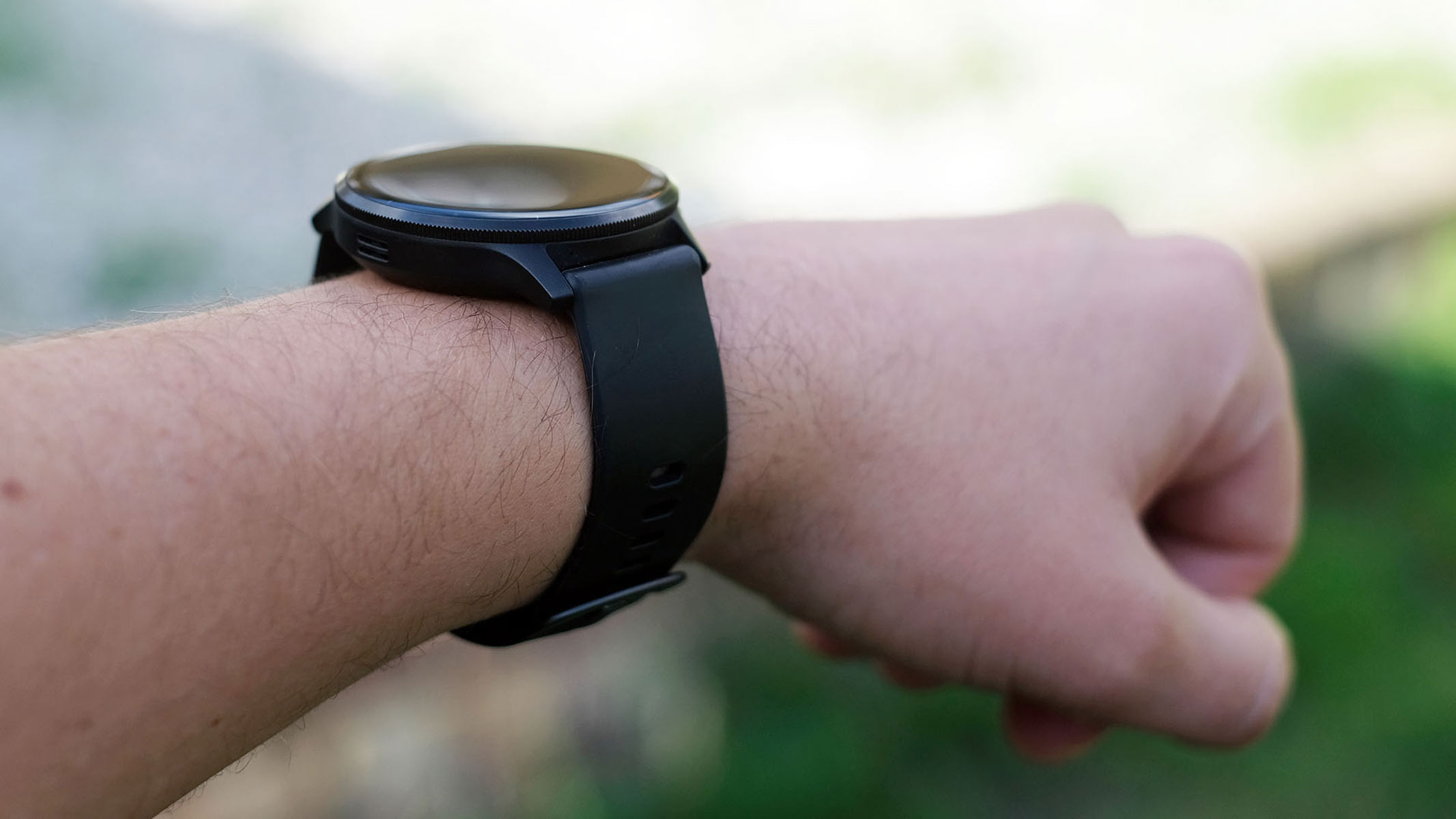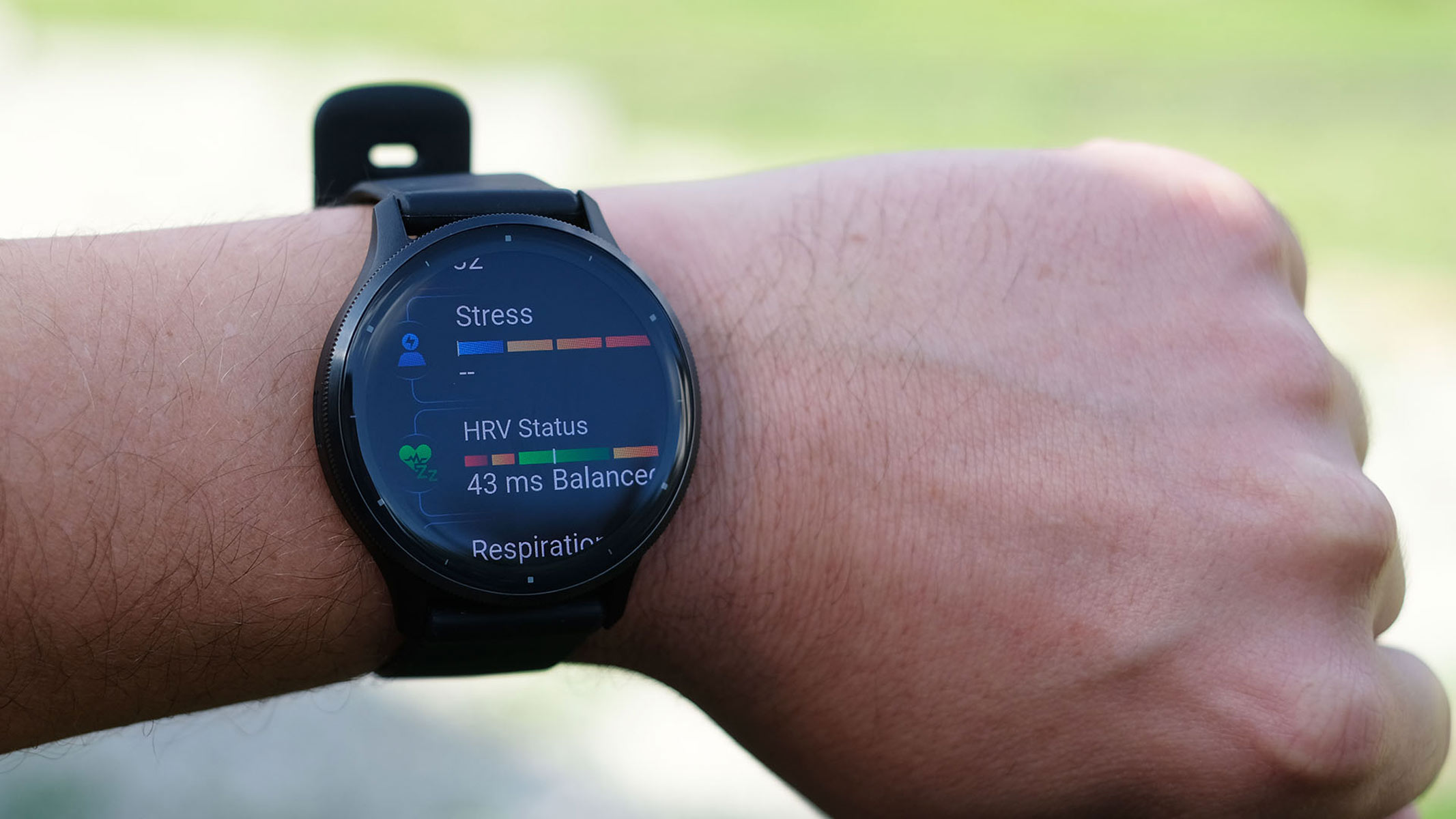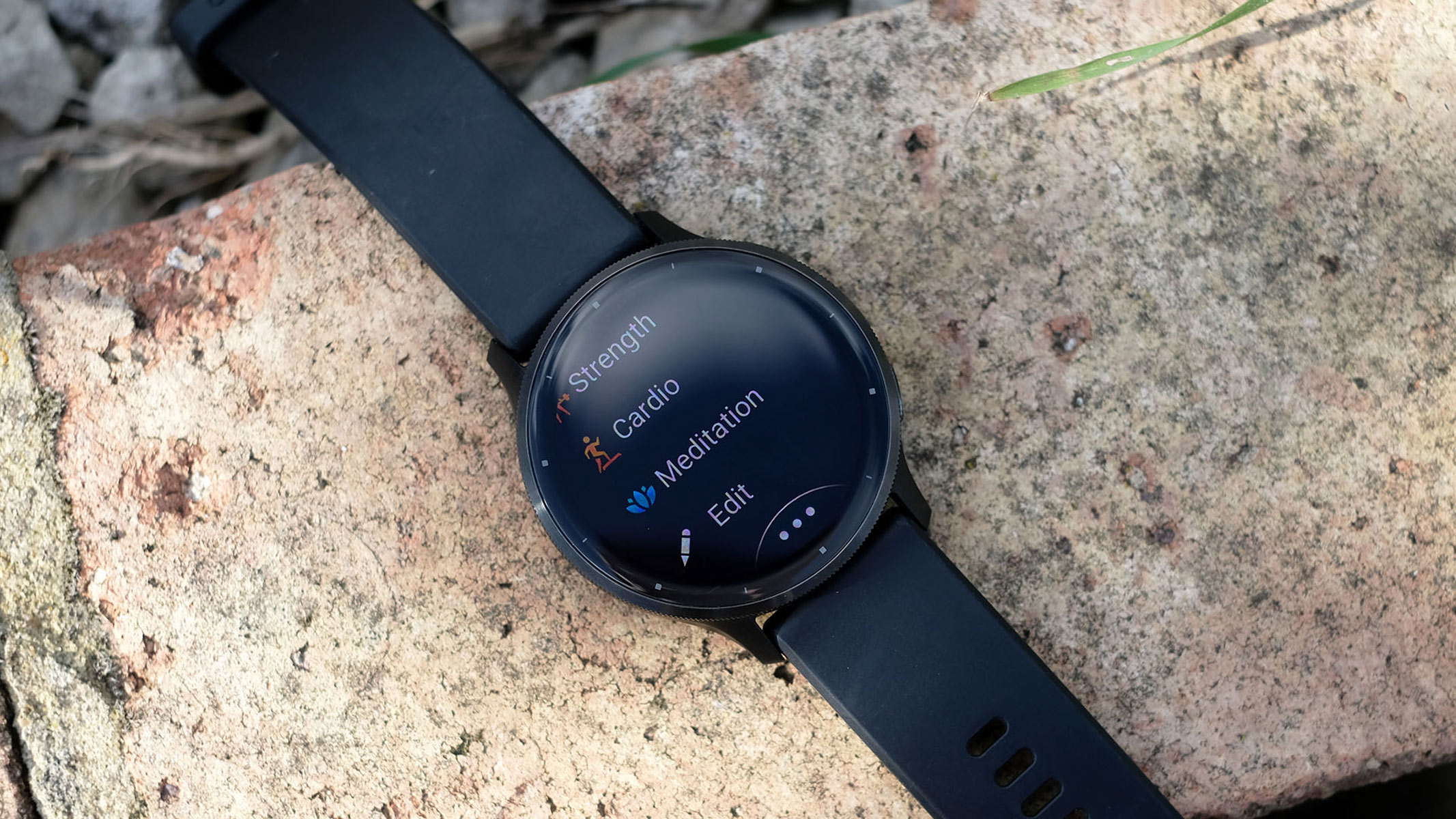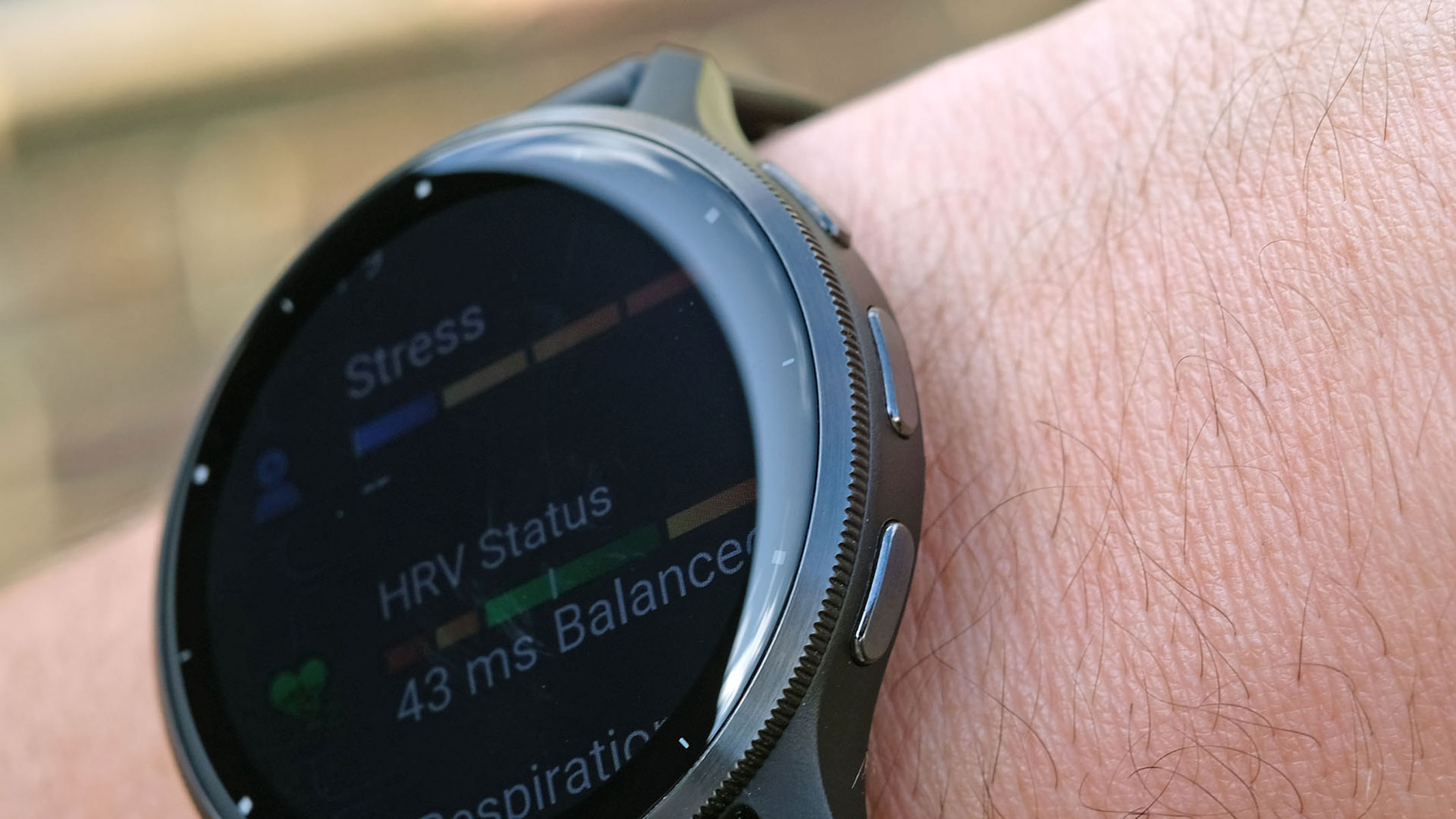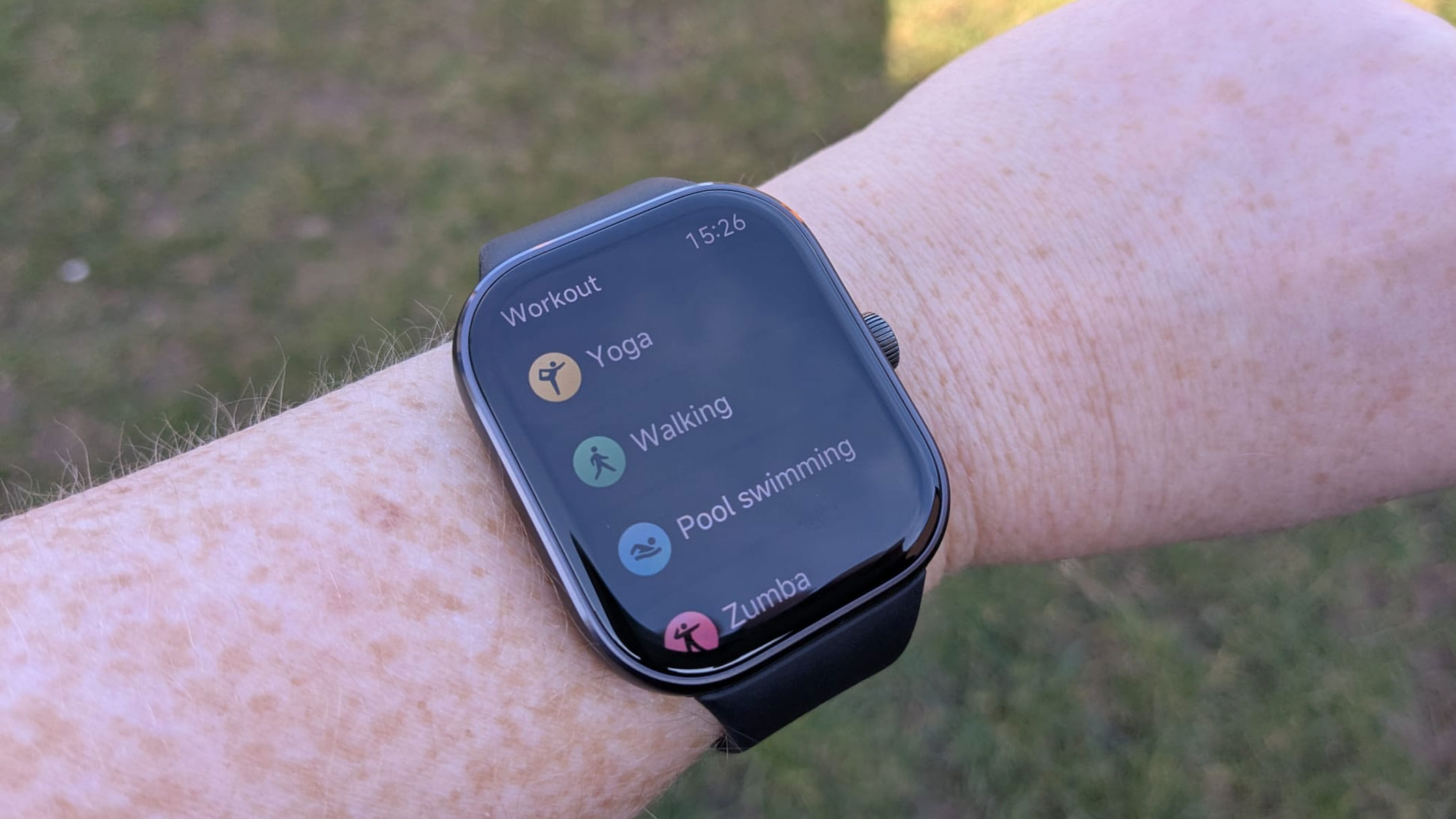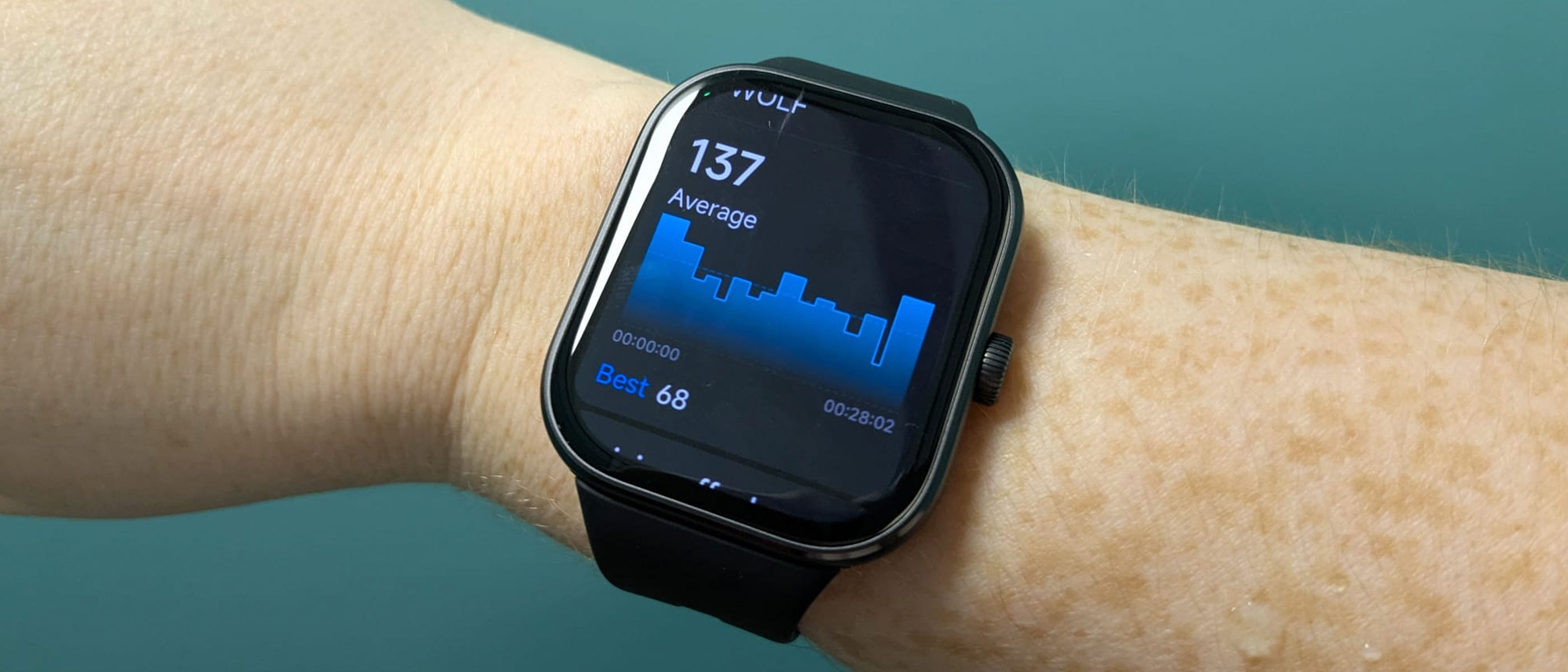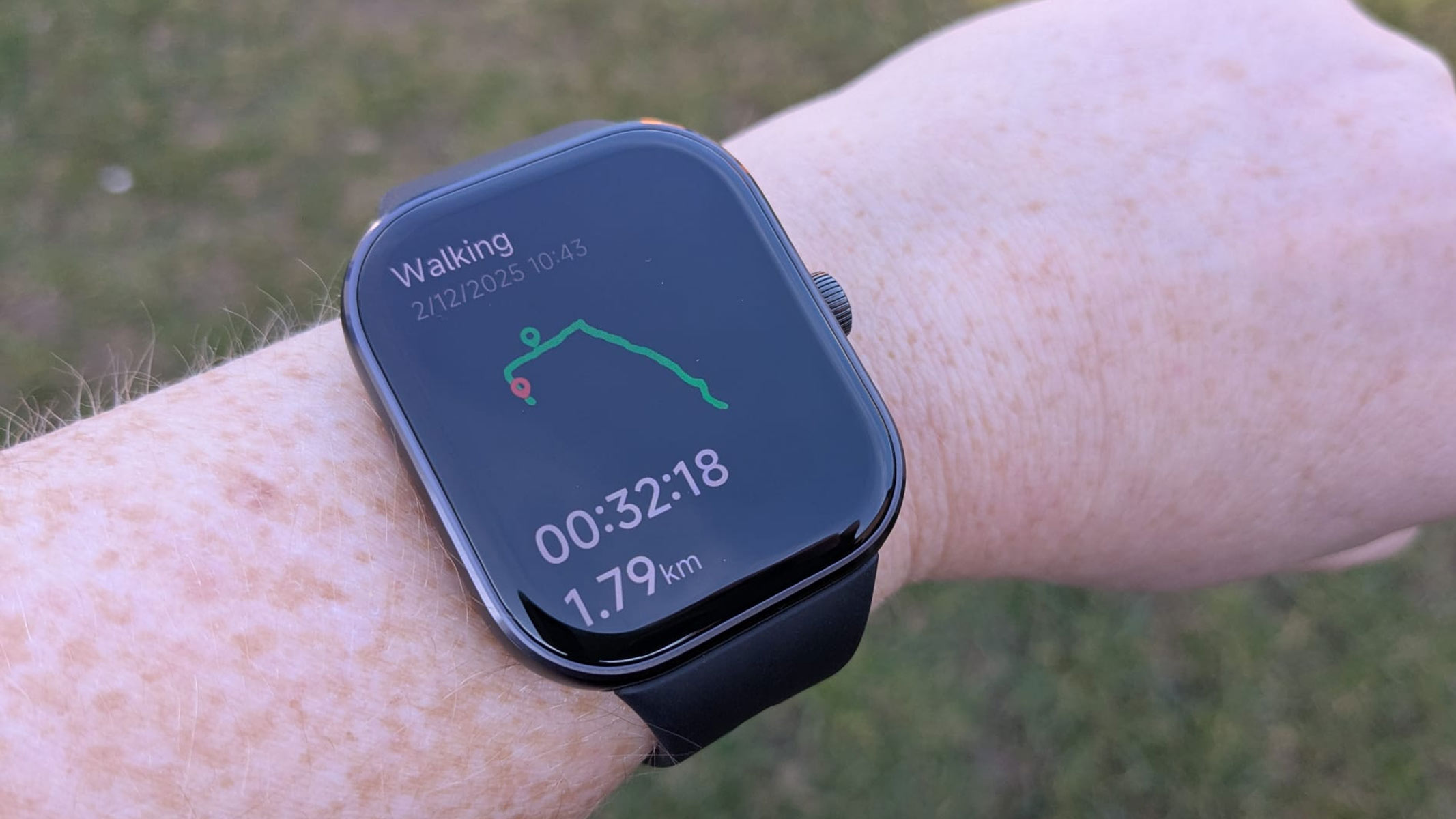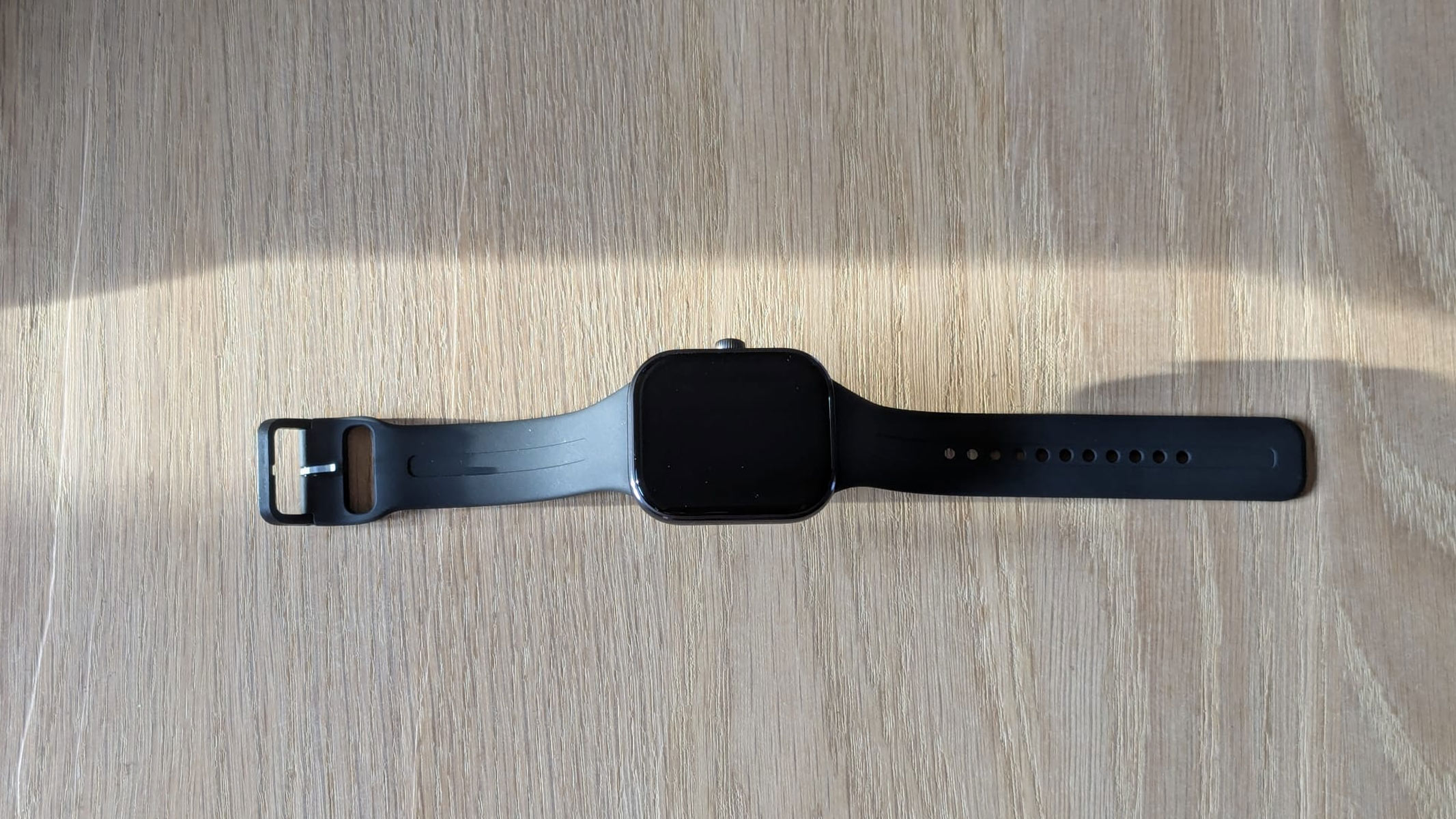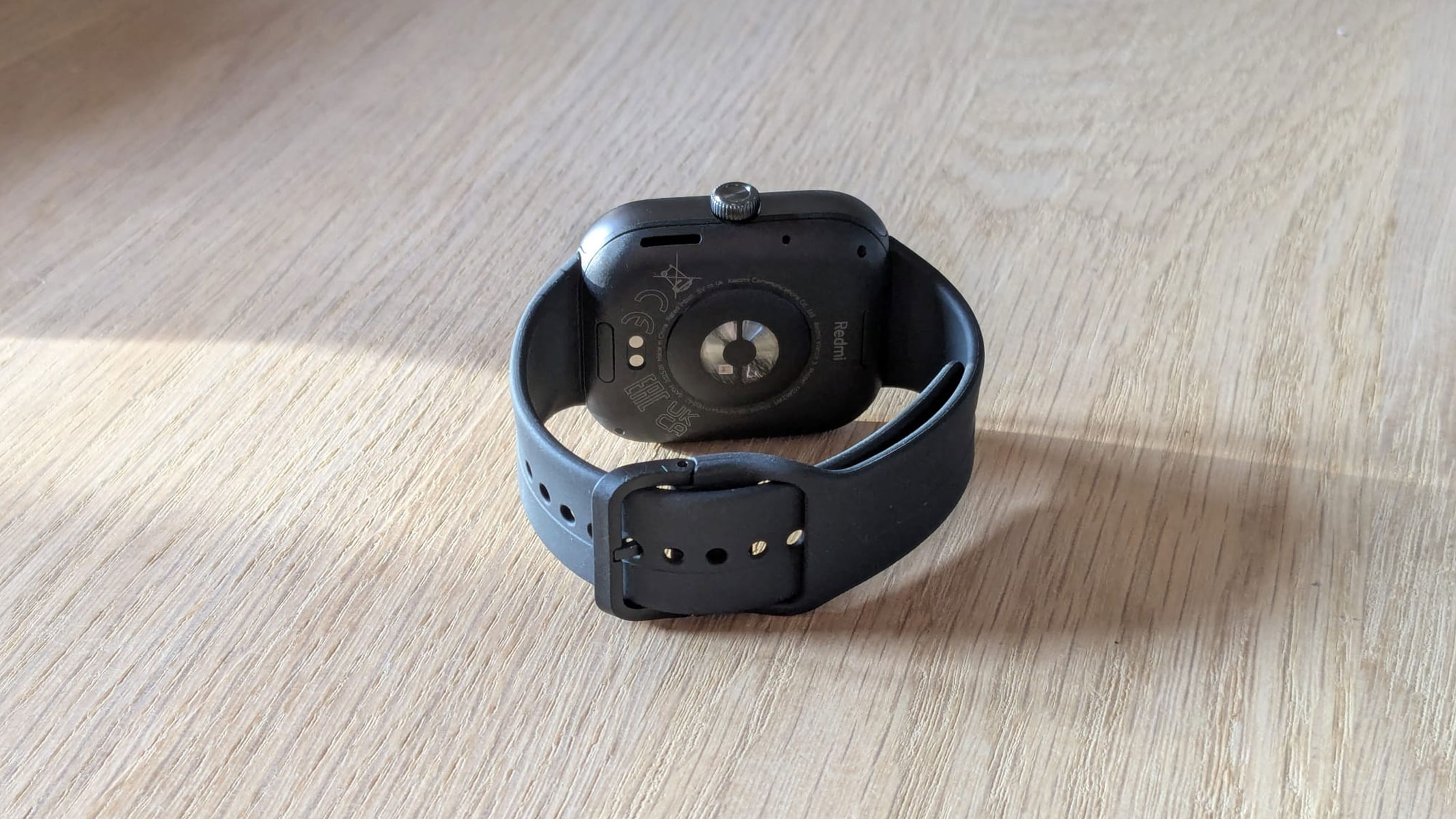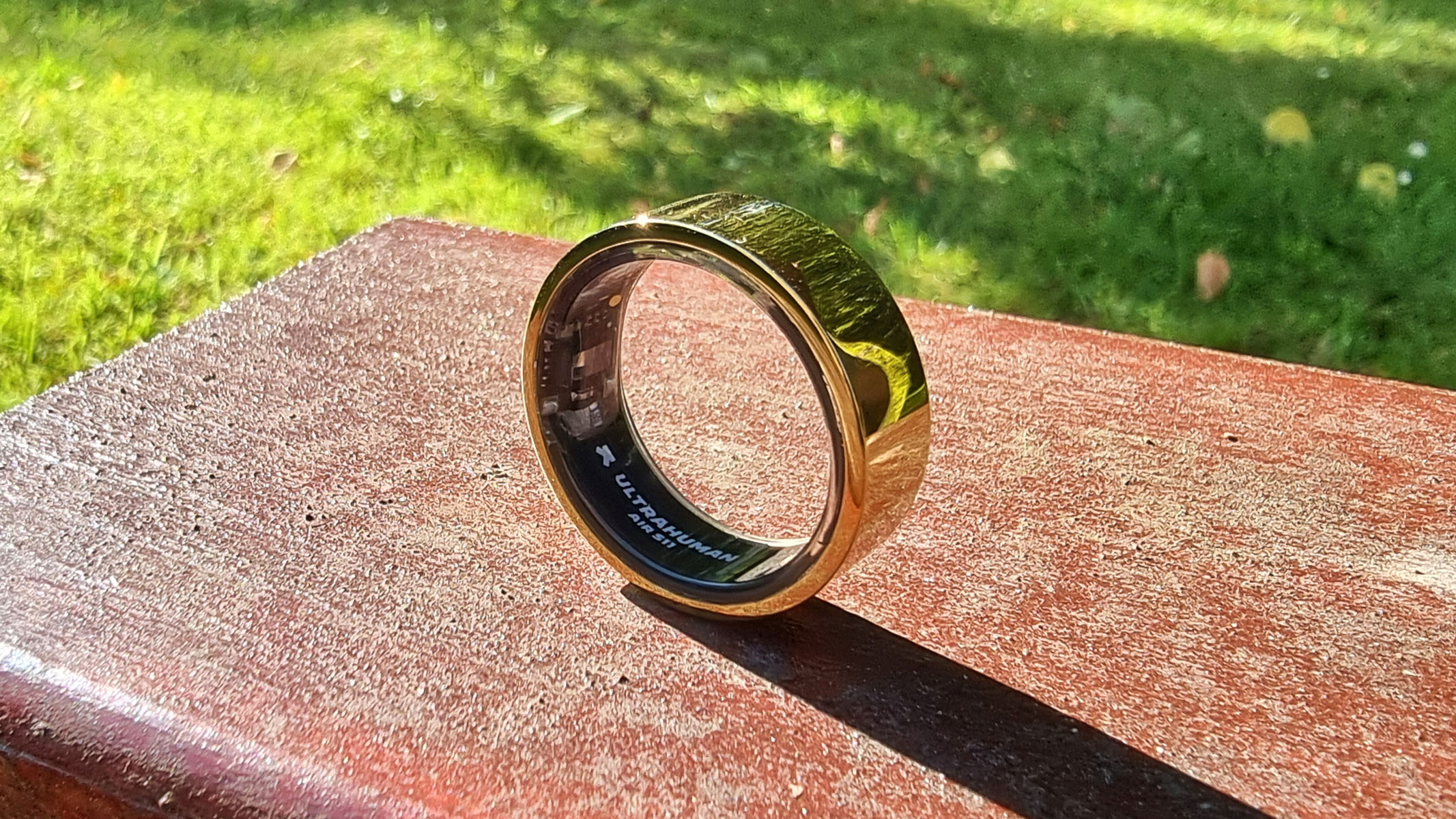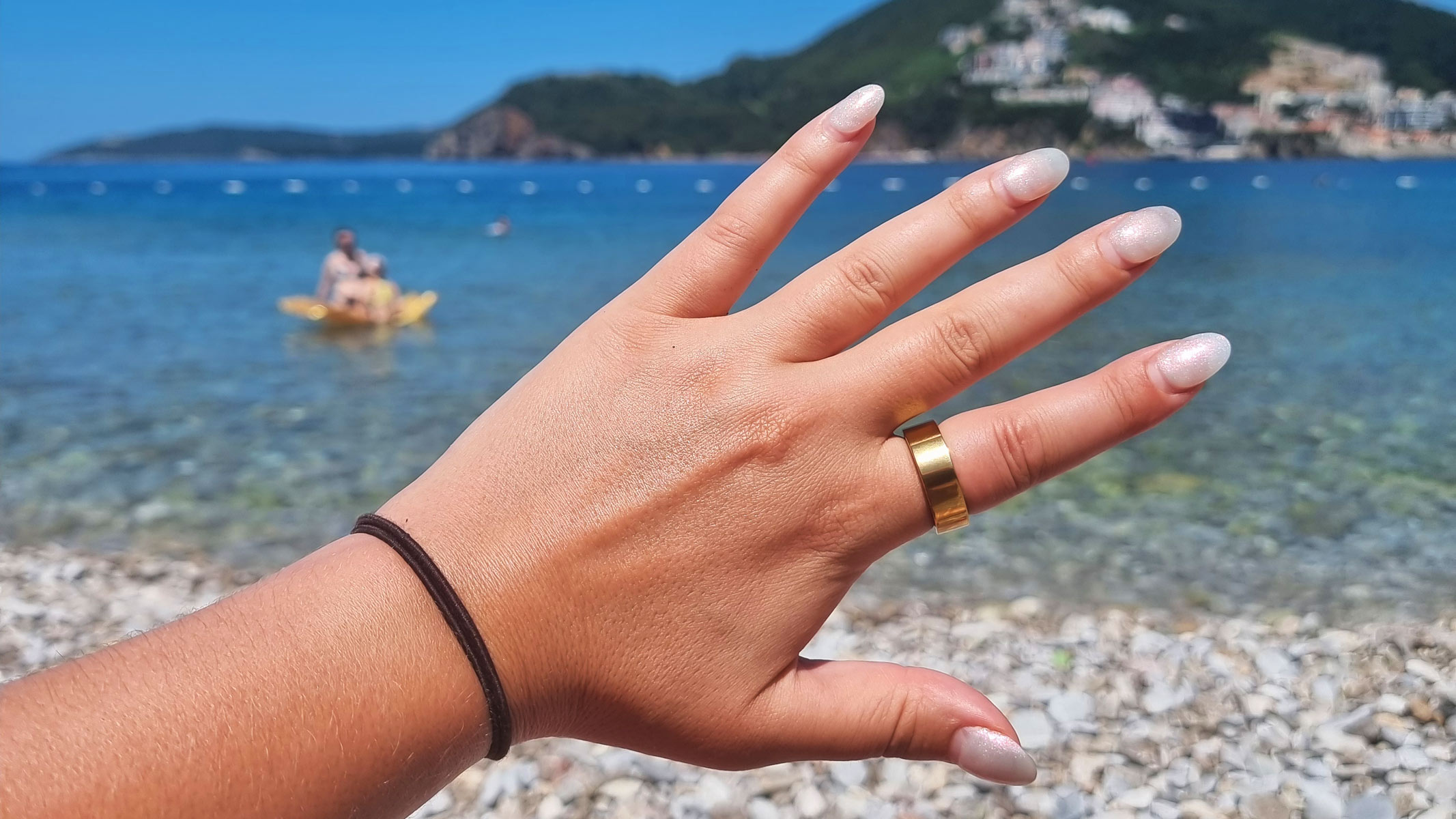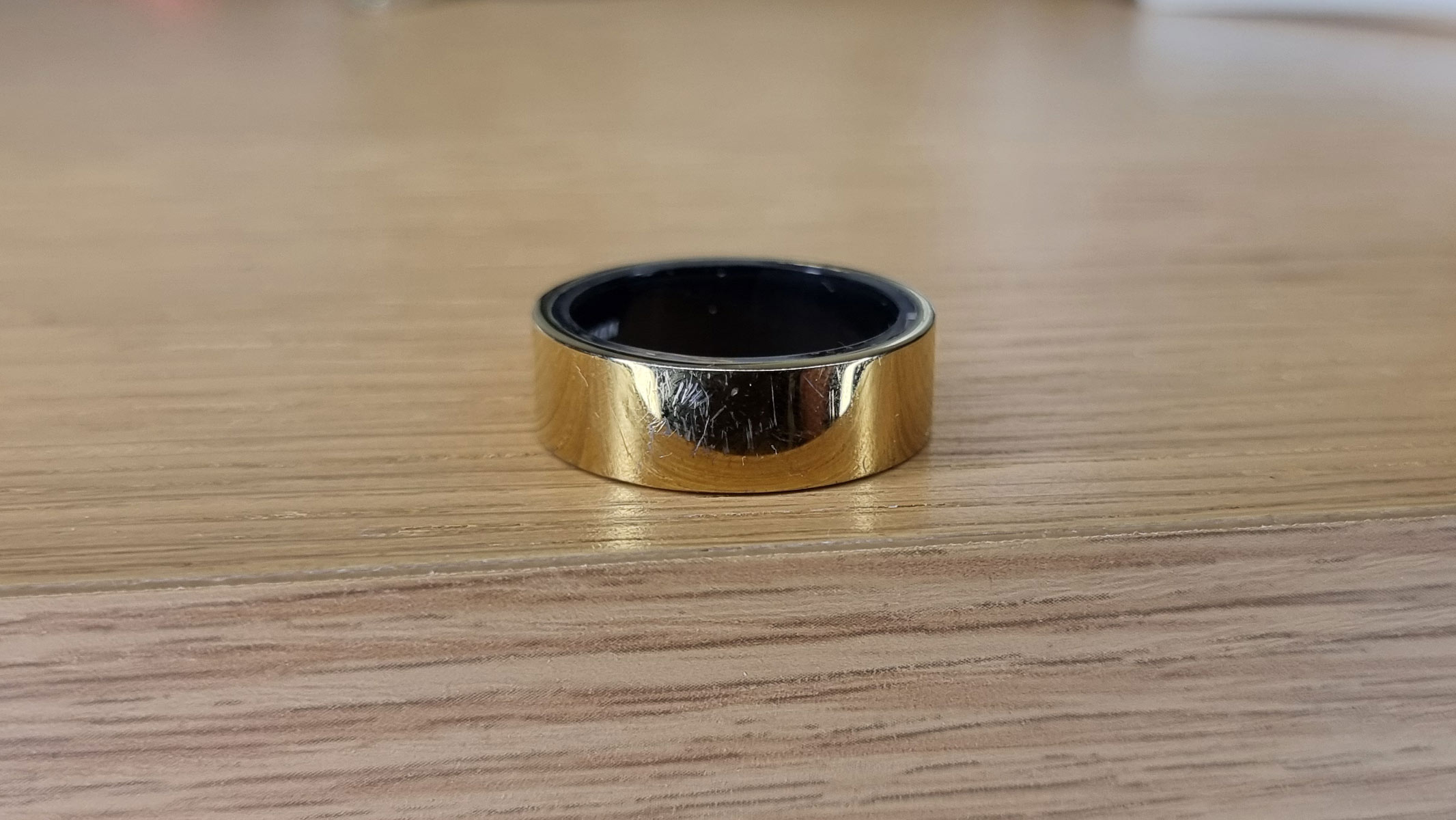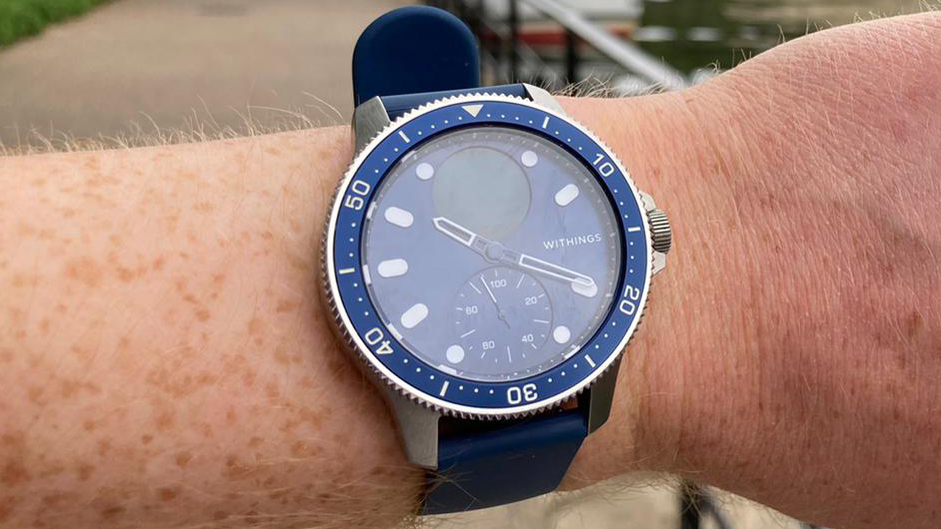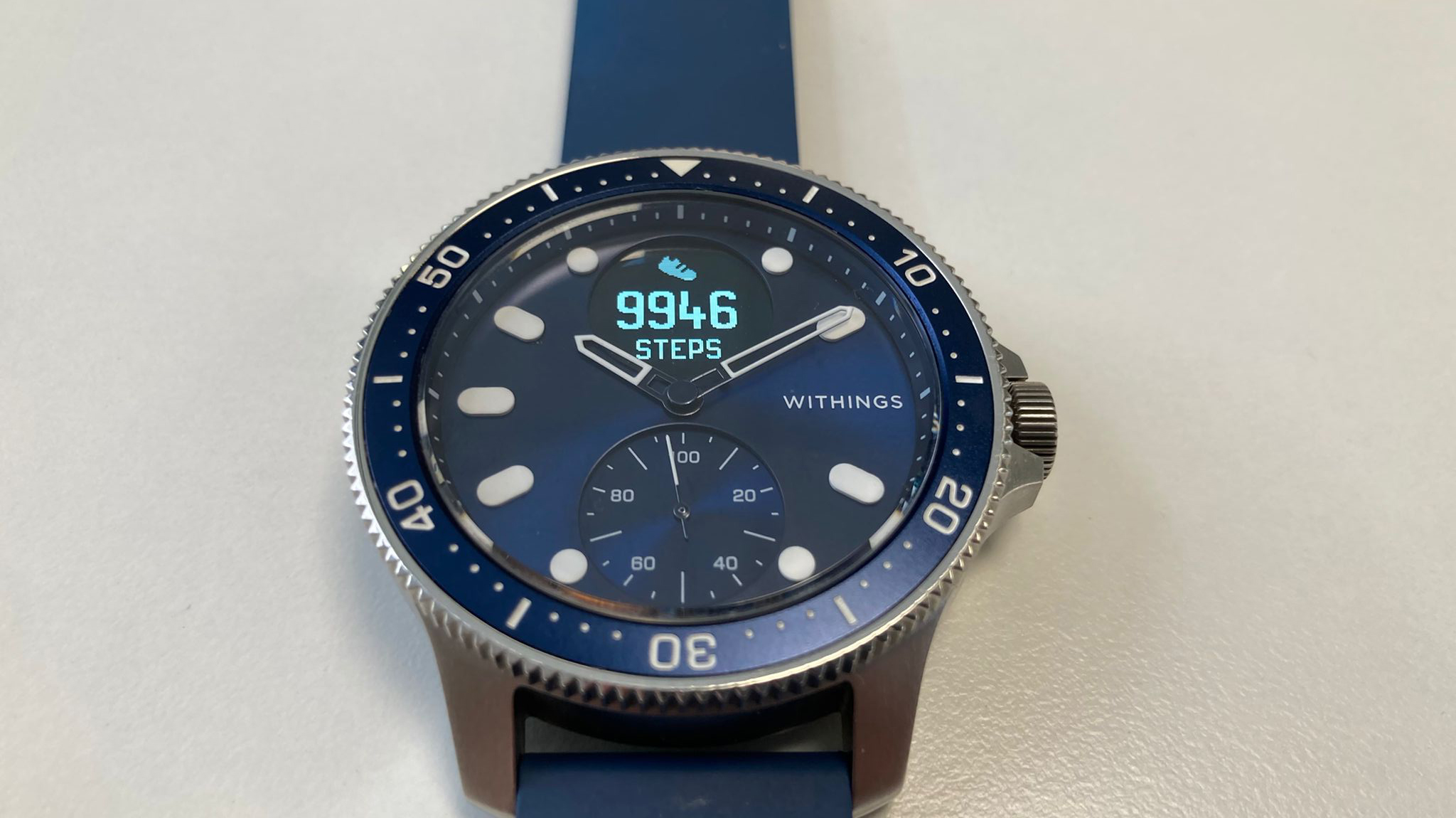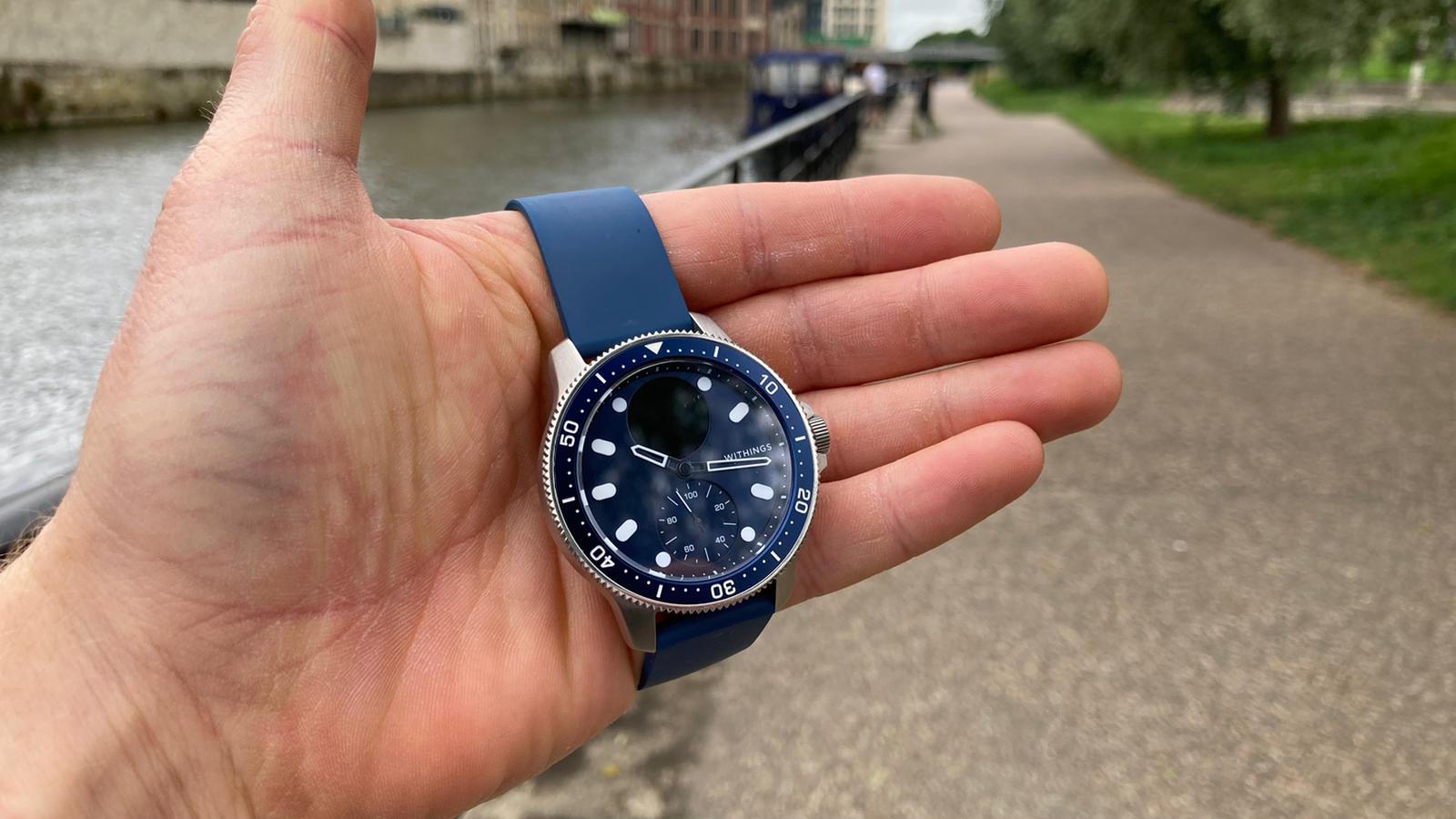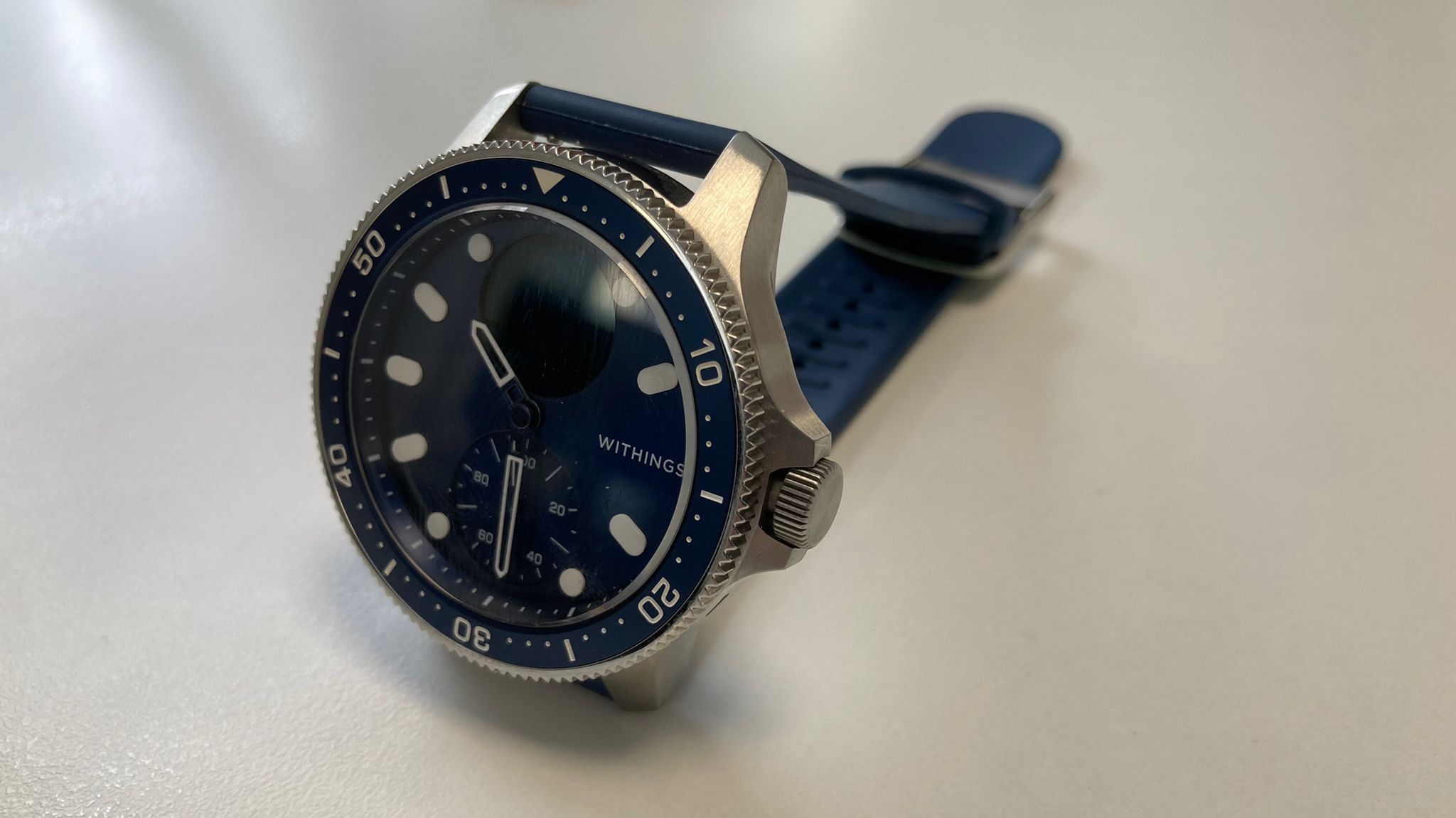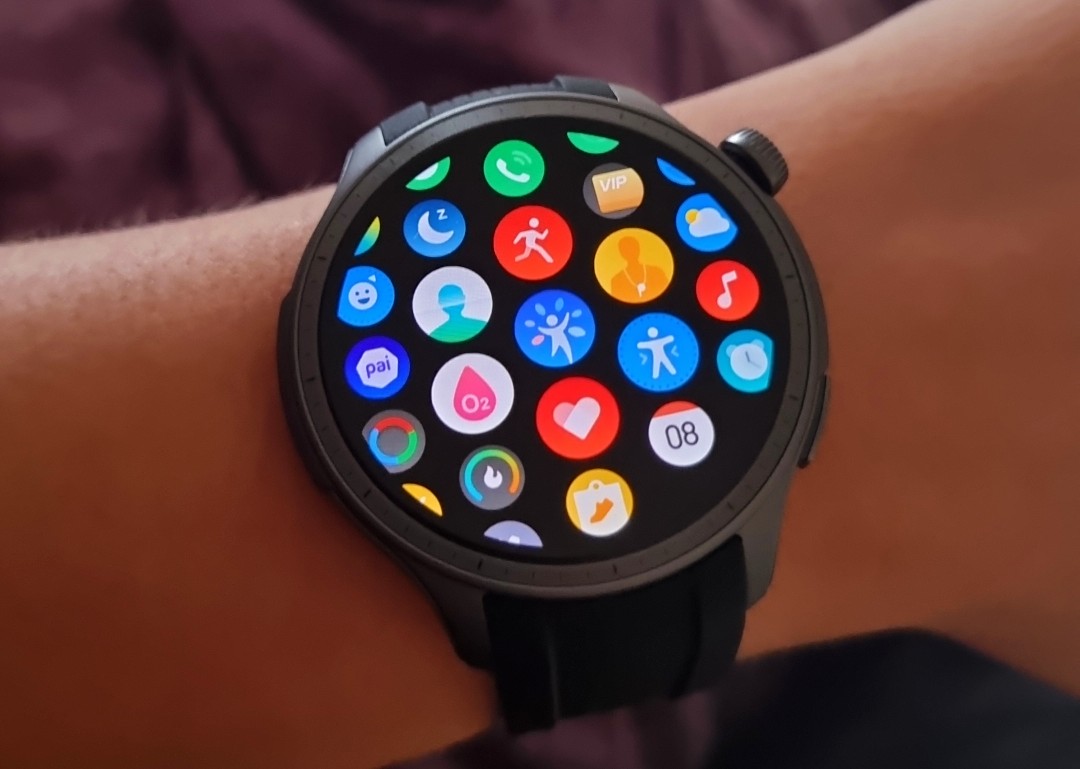Best sleep trackers 2025: From smart rings to Garmin watches
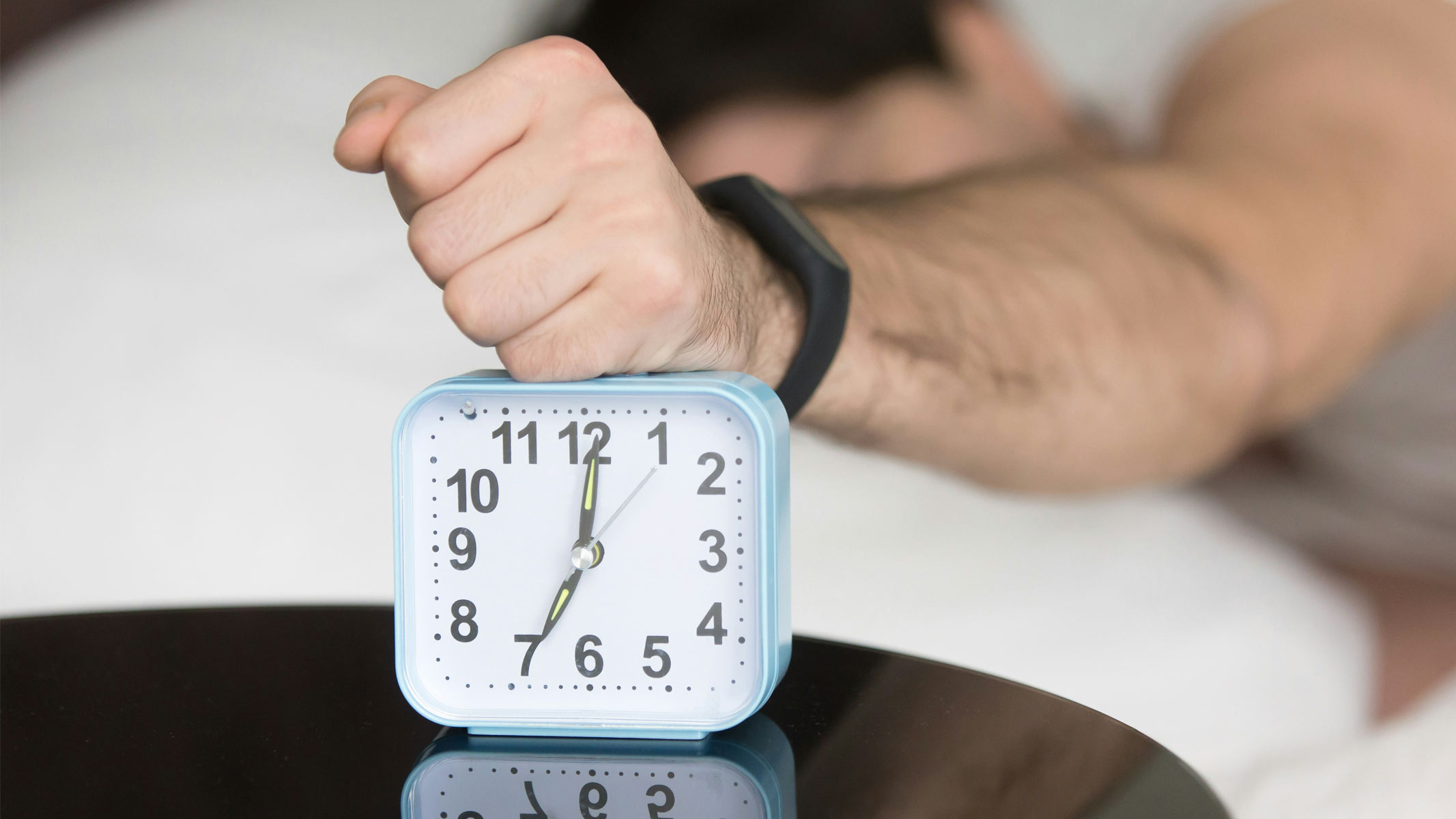
The best sleep trackers offer detailed sleep data and present this information in an easy-to-digest format. They also need to be small, discreet and comfortable so as not to wake you up or disturb your sleep.
As this is the case, we’ve included suitable smartwatches, ring-style trackers and trackers without screens in this guide. While a screen may be important for the best fitness trackers, it is less of a necessity if you’re monitoring your sleep. However, we’ve also included some with screens, for those who want to purchase a tracker for fitness and sleep.
Sleep is important for a healthy body and mind. Our personal trainer expert, Alasdair Nicoll from The Fitness Group, told Live Science: “Your body doesn’t get stronger during your workouts — it gets stronger afterwards, during rest and recovery. That’s where sleep comes in, and why tracking it can be so valuable.”
“Sleep trackers give you insight into both how long you’re sleeping and, more importantly, the quality of that sleep. Many people assume they’re getting enough just because they’re in bed for seven or eight hours, but it’s the depth and consistency of your sleep that really makes the difference in how well your body recovers, repairs muscle tissue and prepares for your next session.”
If you want to find out more about the best sleep trackers, our FAQ section may answer some of your burning questions. All of the products in this guide have been thoroughly tested and reviewed by our expert reviewers. Our How We Test section contains more information on this process.
The quick list
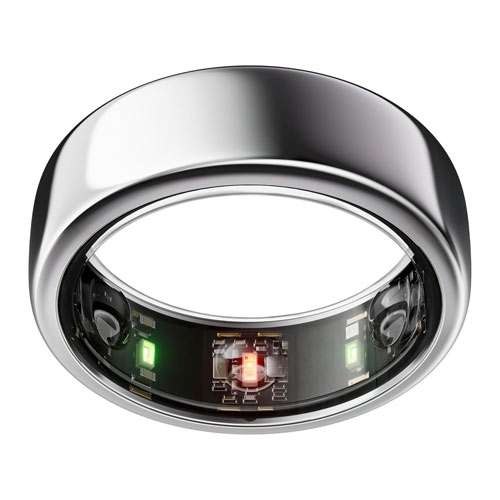
The best overall
If you’re a fan of ring trackers, the Oura Ring 3 has an emphasis on sleep, capturing accurate sleep data, helping you take a more holistic view of your health.
Read more below
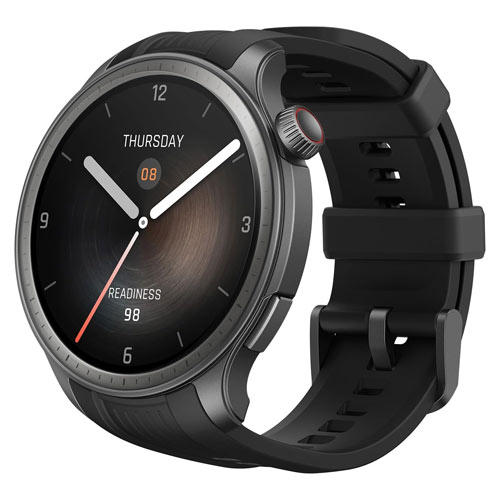
The best for beginners
The Amazfit Balance lends itself to those new to sleep tracking. It produces easily digestible data and is so comfortable you won’t know you’re wearing it.
Read more below
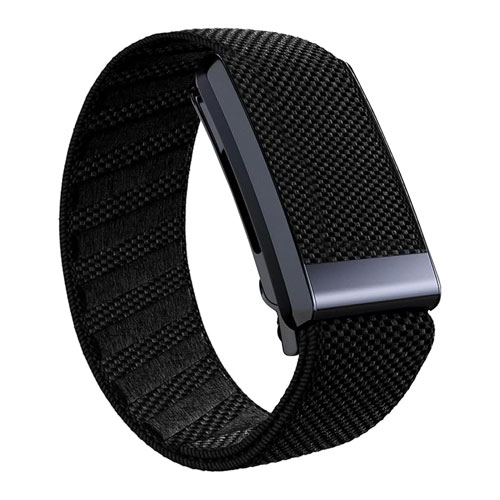
The best subscription
Minimize distractions with this screen-free tracker, available with no large upfront costs. Discreet in design and comfortable, it’s ideal for wearing overnight.
Read more below
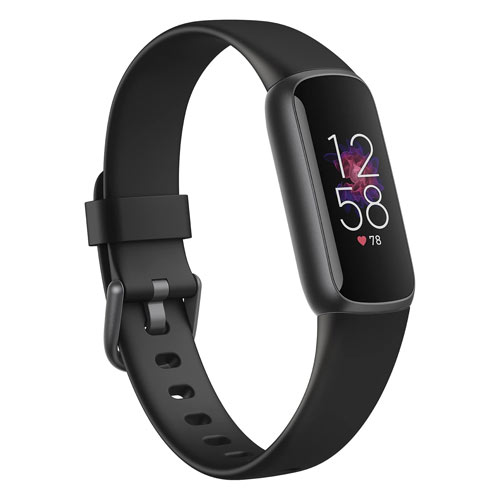
The best for Fitbit fans
Slimline and comfortable, the Fitbit Luxe is a good companion to have overnight. It can monitor your quantity and quality of sleep as well as your sleep cycles. That’s a lot for a small device.
Read more below
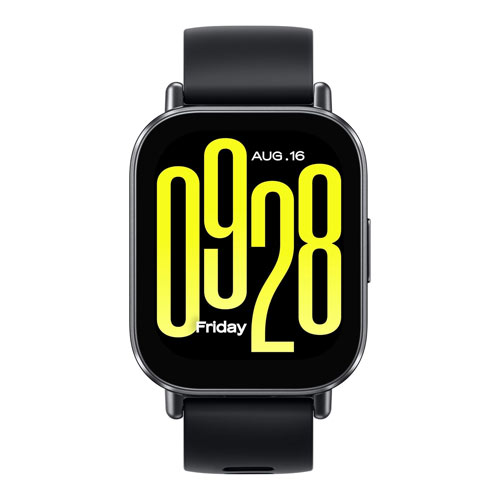
The best budget
Affordable does not mean a lack of quality — we found the Redmi Watch 5 to offer a wealth of sleep data and even some quirks within the app, such as discovering your “sleep animal.”
Read more below
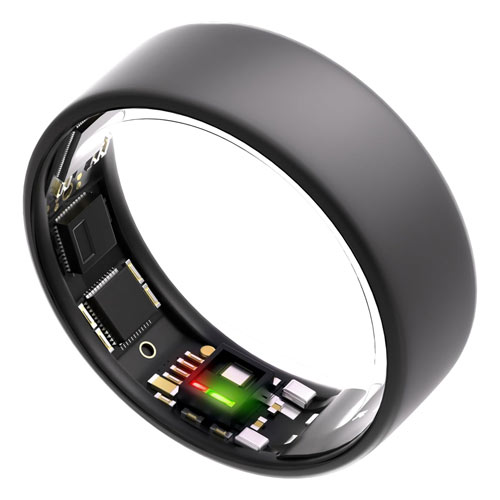
The best for comfort
A featherlight and unobtrusive ring-style sleep tracker that produces detailed and insightful sleep data to help improve your energy levels.
Read more below
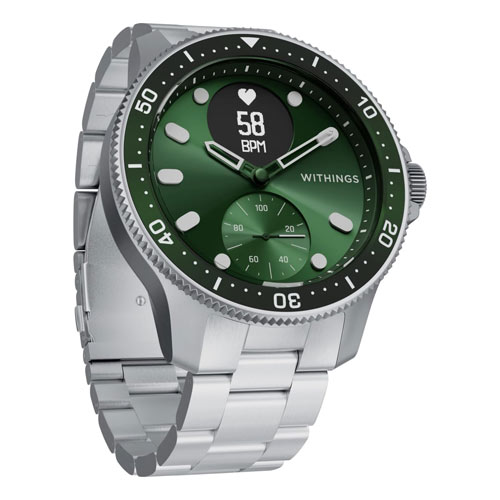
Withings ScanWatch Horizon
The best for style
The Withings ScanWatch Horizon is ideal for those who would prefer a more traditional watch, with the added benefit of some smart features.
Read more below
The best sleep trackers we recommend in 2025: Fully tested by our experts with hands-on, real-world experience
Why you can trust Live Science
Our expert reviewers spend hours testing and comparing products and services so you can choose the best ones for you. Find out more about how we test.
The best sleep tracker overall
Buy it if:
✅ You want detailed sleep data: There is an abundance of sleep tracking features allowing you to implement changes to improve your sleep quality.
✅ You’re into holistic health: The Oura Ring 3 takes a holistic view of health which would suit those looking for a more all-round picture of their own health.
Don’t buy it if:
❌ You want to track your workouts: We found the workout tracking to be less accurate so it wouldn’t suit those looking to track both sleep and workouts.
❌ You don’t want to pay a monthly subscription: To get the full benefit of this tracker requires a monthly subscription in the form of an Oura membership at $5.99 per month.
The bottom line
🔎 Oura Ring 3 A great sleep tracker that has an abundance of features and measurements to help you understand your sleep better and make conscious improvements towards a healthier you ★★★★
The Oura Ring 3 is a great sleep tracker whose purpose is mainly that. This tracker helps you take a more holistic view of your overall health, where quality of sleep is seen to play a part. For example, your sleep score links to your daily readiness score. So, if you had a bad night’s sleep, this would mean your readiness score would be lower the next day. This would allow you to adjust your day to help improve your overall health rather than pushing to extremes. With the sleep monitoring available on the Oura Ring 3, it’s possible to start connecting the dots and improve your overall health and well-being.
This tracker is available in four different colors so you can opt for the one that suits your taste. As it’s a ring in design, there is no screen, and you rely on the app to see your data. However, if you’re using this ring purely as a sleep tracker, the lack of screen isn’t an issue as you’ll be checking the data the following day. It’s also worth noting that to get the full functionality of this tracker and app requires an Oura membership that costs $5.99 per month. There are often offers when purchasing that can see you get an Oura membership for a month or more, free.
The battery life is sufficient, with us commenting in our review of the Oura Ring 3 that the battery life was around four days. This is more than adequate, especially as charging only takes 20-80 minutes. This means you’ll never be without it for long and can even stick it on a quick charge, if it’s running low, before bed.
We were impressed with the sleep tracking features and accuracy, as noted in our review of the Oura Ring 3. This device cleverly measures heart rate variability and blood oxygen to measure your sleep quality, as tracking blood oxygen can help to identify any problems over time such as sleep apnea. Furthermore, breathing regularity is also measured during sleep, with any irregularities being detected. Having this knowledge then allows you to take charge of your health, make changes or seek further advice.
The list of what this device and app provide is endless. Bedtime recommendations are suggested that offer you a chance to wind down, with the app offering tips on how to do this. You will also be provided with a daily sleep score that encompasses your total sleep, time spent in bed, resting heart rate, efficiency, restfulness, stages of sleep and how long it takes for you to fall asleep. This gives you lots of details to work with to help see where you sleep is good and not so good. These results allow you to put measures into place to improve your sleep, one of which might be to use the sleepscapes found on the app.
The Oura Ring 3 is very similar to the Ultrahuman Ring AIR in terms of being a ring-style tracker. However, we found the Oura Ring 3 to be quite bulky, so for a more comfortable fit, you might prefer the Ultrahuman Ring AIR.
Read more: Oura Ring 3 review
The best sleep tracker for beginners
Buy it if:
✅ You’re new to sleep tracking: Offering extensive sleep tracking features but providing the data in accessible ways, this watch would suit those new to sleep tracking.
✅ You’re looking for comfort: The Amazfit Balance is super-comfortable to wear, with our reviewer forgetting they had it on.
Don’t buy it if:
❌ You don’t want to pay a subscription: The Zepp Aura feature is ideal for beginners to better understand their sleep habits but is sadly only available to subscribers.
❌ You want high accuracy: While this watch was mainly accurate in recording our sleep, if you’re looking for unbeatable accuracy, you’ll want to look elsewhere.
The bottom line
🔎 Amazfit Balance A great option as an introduction to sleep tracking with extensive features but no overwhelming data. Data is presented in an accessible way through the readiness score each morning ★★★★½
The Amazfit Balance is a good option for those new to fitness tracking, and in particular, sleep tracking. It has extensive sleep tracking features available without it feeling overwhelming.
The watch pairs with the Zepp app and there are extra features available, such as an AI-powered sleep coach called Zepp Aura. However, these extra features do require a subscription for access. Although this is slightly annoying, we think these features may be worth the extra cost for beginners, as the insights provided by Zepp Aura may be useful to those new to tracking their sleep.
Overall, the Amazfit Balance performed well in terms of accurately capturing our sleep data. However, it was sometimes too good at recognising when we’d slowed down, logging resting periods, such as when our reviewer was watching TV, as sleep. If you’re looking for higher accuracy, this watch may not suit you. You might be better off with the Oura Ring 3 whose accuracy was spot-on. This is a ring-style tracker, though, so if you’re looking for a fitness watch style, you may want to consider the Garmin Venu 3, which offers detailed sleep data and has Sleep Coach included as standard.
One huge positive of this tracker is that, in our review of the Amazfit Balance, our reviewer noted how they forgot they were wearing it, with the strap being super-comfortable and described as “buttery soft.” This is ideal for a sleep tracker as you don’t want it to feel uncomfortable or pinch your skin, waking you during the night. It’s also lightweight and compact, meaning it shouldn’t interrupt your sleep from feeling bulky on your wrist. Furthermore, the outstanding 14-day battery life is another bonus as you won’t have to worry about it running out of juice every other day, like some trackers we’ve tested.
The watch works by monitoring your heart rate, heart rate variability, blood oxygen, breathing rate, body temperature and body composition. From these measures, it can then work out the quality of your sleep. Every morning, you receive a readiness score (you must wear the watch overnight to get this) that tells you how ready you are for the day ahead.
The score is out of 100, with a lower score indicating your energy levels are low. If the watch detects a low score, or if the score changes, it will recommend ways you can improve your energy levels and even suggest possible causes as to why they’re low. This could be very useful for beginners, as it makes the data it captures accessible to those who do not want to be swamped with information.
Read more: Amazfit Balance review
The best subscription sleep tracker
Buy it if:
✅ You find screens distracting: The lack of a screen on the Whoop 4.0 will help you to unwind and minimise distractions around bedtime (especially if you keep your phone elsewhere)
✅ You want a discreet tracker: Being discreet in design with no screen helps to make this a comfortable tracker to wear that no-one will notice.
Don’t buy it if:
❌ You don’t want to be tied into a subscription: The minimum amount of time you can subscribe for is 12 months, and there is no option to purchase the device without a subscription.
❌ You’re a runner: The lack of GPS and screen means we wouldn’t recommend this to serious runners as you can’t check your stats mid-run or track your route.
The bottom line
🔎 Whoop 4.0 Stylish, comfortable and discreet, this tracker is ideal for those wanting to focus on capturing their sleep quantity and quality with minimal distractions and the option of when to look at the data ★★★★
Unique in that it has no screen, the Whoop 4.0 is a reliable sleep tracker that is not only comfortable to wear but reduces the temptation to look at another screen while in bed. The lack of a screen may be an issue for exercise, where you might want to check your mid-session stats, but if you’re wanting to use the Whoop 4.0 mainly for sleep tracking, we think the lack of a screen is an added bonus.
Furthermore, there are no controls or buttons that you may accidentally press before getting into bed, making this a fuss-free tracker, where all of the data gets sent to your phone. You are in charge of when you look at that data — the Whoop 4.0 simply captures it for perusing whenever the time is right.
The Whoop 4.0 is also quite unique in that there is no upfront large cost — you simply subscribe each month and are sent the device free of charge. This is ideal for those who don’t wish to put forward a huge amount but want to spread the cost. The minimum amount of time you must hold a subscription for is 12 months, so this is something to be mindful of when purchasing.
In our review of the Whoop 4.0, our reviewer noted that the strap was comfortable to wear and didn’t cause any irritation. This is important in any fitness tracker but especially one that you are going to wear to bed. The last thing you want is to be woken up because your skin is being pinched or you can feel something on your wrist.
The Whoop 4.0 captures a wealth of sleep data including the quantity and quality of sleep as well as the stages of your sleep. Knowing and understanding the stages of sleep you enter and when can help you understand more about how your body and mind function when you’re resting. This knowledge can lead to better sleep habits including knowing what time to go to bed and what time to wake up. Worried you won’t figure this out? The Whoop 4.0 even suggests a good bedtime based on your data and performance during the day.
Your sleep data is also used to calculate something called your recovery score. The tracker uses the quantity and quality of your sleep, among other things, to work out how ready you are to take on exercise. This is helpful to those looking to understand how sleep can impact performance and fitness levels.
One downside for those looking for a fitness tracker that tracks exercise and sleep is that the Whoop 4.0 doesn’t have GPS. This isn’t a problem when sleeping (as you’re not going anywhere… unless you end up sleep exercising, if that’s a thing!?) but this can be an issue for those looking for a fitness tracker to capture walks and runs, for example.
While we think this is the best subscription sleep tracker, if you aren’t keen to pay a monthly fee you may prefer the Garmin Venu 3 in this guide, as the Sleep Coach is included as standard.
Read more: Whoop 4.0 review
The best sleep tracker for Fitbit fans
Buy it if
✅ You’re looking for a discreet tracker: The Fitbit Luxe’s slimline design makes it discreet and comfortable to wear any time of the day or night.
✅ You primarily want a sleep tracker: While able to handle workouts and smartphone capabilities, this tracker works best for sleep tracking.
Don’t buy it if:
❌ You want to monitor exercise too: The Fitbit Luxe can monitor workouts and more, but its slim display makes this bothersome and it also lacks GPS.
❌ You don’t want to pay a subscription: Some of the more detailed insights are only available with a subscription to Fitbit Premium.
The bottom line
🔎 Fitbit Luxe A slimline sleep tracker that can offer insights into your sleep cycles and more. Ideal for those looking primarily for a sleep tracker over a fitness tracker or smartwatch ★★★★½
In our review of the Fitbit Luxe, we noted it was comfortable to wear day and night, making it an ideal purchase as a sleep tracker. It’s slimline design means you won’t be bothered by it during the night, but this doesn’t mean you’ll be missing out on features.
The Fitbit Luxe can monitor how well you slept and give you a breakdown of the various stages of sleep you were in during the night. It can also sense changes in your skin temperature, which can sometimes be a sign of an infection. That’s quite a lot for such a small device.
While you don’t need a subscription to Fitbit Premium to use the Fitbit Luxe, a subscription does give you more detailed insights which might prove useful, depending on what you want from your sleep tracker. It’s important to note that it’s the subscription to Fitbit Premium that give access to the Daily Readiness Score. This score is calculated on your exercise stats, sleep data and more to help you pace yourself throughout the day, helping to reduce fatigue. This information can be useful so it’s worth bearing in mind you will need to pay for a further subscription to access this.
While we liked the Fitbit Luxe and its sleep tracking capabilities, we did find the lack of GPS and offline audio annoying for workouts. If you’re primarily looking for a sleep tracker, these issues will not matter, but if you were hoping to use it for tracking your fitness and exercise too, you may prefer the Garmin Venu 3 or, if you’re on a tighter budget, the Redmi Watch 5.
Read more: Fitbit Luxe review
The best sleep tracker for Garmin fans
Buy it if:
✅ You don’t want to pay a subscription: The Sleep Coach is included as standard in the Venu 3, which means no hidden fees for access.
✅ Comfort is important: Less bulky and more lightweight than other Garmin watches, the Venu 3 is great for wearing overnight.
Don’t buy it if:
❌ You want lots of workout features: If you’re looking to use this watch for exercise tracking too, you may be better off with another Garmin watch — the Venu 3 has only limited workout features.
❌ You’re on a budget: Garmin watches are never cheap so if you have a tight budget, consider our favorite budget sleep tracker instead, the Redmi Watch 5.
The bottom line
🔎 Garmin Venu 3 A solid yet comfortable fitness watch that has Sleep Coach included as standard, allowing you to track your sleep with ease ★★★★
While some Garmin watches can be bulky, in our review of the Garmin Venu 3, we noted this watch was less bulky than some other Garmin watches — making it an ideal Garmin watch for sleep tracking. It’s also lightweight so ideal for being inconspicuous overnight.
Now on to the sleep tracking of the Venu 3. It offers a Sleep Coach which, unlike some other trackers in this guide, comes as part of the standard functionality. That means no extra subscription to pay. You also get the standard sleep tracking which can help improve your sleep patterns. From this sleep data, you receive your Morning Report which is a summary of your sleep as well as notes for the day ahead, such as a weather report. This feature can be disabled if you don’t enjoy it but for those looking to analyse their sleep, this can be useful to see each morning.
A nice addition on the Venu 3 is that you can load and listen to music or podcasts via the watch with wireless headphones. If you’re someone who tends to do this in order to fall asleep, this may appeal to you.
We noted that this watch is rather plain-looking but this isn’t necessarily a bad thing. It’s a Garmin watch that isn’t so military in style — it’s a little more calm and sophisticated. Plus, if you’re using it mainly for sleep tracking, a plain-looking watch won’t matter.
While the Venu 3 is designed to be used for fitness tracking, our reviewer noted it had limited workout features compared to other Garmin watches. However, if you’re using this tracker mainly for sleep tracking, this limitation isn’t an issue. It might only become an issue if you’re specifically looking for a fitness watch to track your workouts and sleep.
Read more: Garmin Venu 3 review
The best budget sleep tracker
Buy it if:
✅ You want detailed sleep data: Although this is a budget tracker, you’ll find a wealth of sleep data on the accompanying app.
✅ You’re new to sleep tracking: Super-easy to use and navigate, the Redmi Watch 5 is ideal for beginners to sleep tracking.
Don’t buy it if:
❌ You wear tight, long-sleeved pyjamas: We found the crown caught on our clothes so those who wear tight, long-sleeved pyjamas may get frustrated or woken up.
❌ You have sensitive skin: Putting the Redmi Watch 5 on after charging saw our skin get pinched. This may irritate those with more sensitive skin.
The bottom line
🔎 Redmi Watch 5 A budget sleep tracker that competes with more premium brands, capturing accurate and in depth sleep data with a fun twist in the accompanying app ★★★★
The Redmi Watch 5 made it as one of our best budget fitness trackers. It was a great smartwatch to test and had an amazing battery life, while in typical usage mode, of around 24 days. It was also incredibly intuitive to use, so even if you’re new to fitness and sleep tracking, you will be able to get your head around its layout in no time.
The sleep tracking on this budget device was outstanding when comparing it to more premium brands. You can quickly review your sleep data on the device itself in the morning, or go to the accompanying Mi Fitness App where you will see more detailed sleep data.
Your sleep data is monitored over a week to allow you to then discover your “Sleep Animal.” Your Sleep Animal basically gives you an idea of what kind of sleeper you are and how this might relate to the natural world, in the form of animals’ sleeping patterns. The device also logs your sleep cycles which can be viewed on the app.
And there is more — the app also gives an interpretation of your sleep, which is basically a summary of your sleep the night before while the suggestions gives you a bit of science for you to understand why this sleep pattern may be good or bad for you. These suggestions suggest what you can do to alter it, if you wish to. Finally, your average BPM is captured during sleep, which is a useful tool as it can sometimes highlight any underlying health issues we may have. This is because it can capture your BPM without any external distractions such as stressors, giving a clearer picture of your overall health.
While it may have all of this sleep tracking available, it’s important the Redmi Watch 5 is comfortable to wear overnight. Luckily, in our review of the Redmi Watch 5, we noted it was comfortable, with us barely noticing we were wearing it day or night. However, the crown did tend to catch on clothes so this is something to be mindful of if you wear long-sleeved pyjamas. We also found the strap pinched our skin when putting the watch on after charging (although this may only happen once a month due to its great battery life).
Read more: Redmi Watch 5 review
The best sleep tracker for comfort
Buy it if:
✅ You prefer ring-style trackers: You won’t be disappointed. It’s featherlight design and comfort make this one of the best sleep trackers for those who prefer ring-style over watch-style trackers.
✅ You want in-depth stats: You will receive a wealth of information about your sleep from this ring, including insights into your circadian rhythm.
Don’t buy it if:
❌ You want durability: The Ultrahuman Ring AIR scratches easily so if you’re looking for long-lasting perfection, this may not suit you.
❌ You want to track your fitness: We recommend the Ultrahuman Ring AIR as primarily a sleep tracker — its workout features are rather limited.
The bottom line
🔎 Ultrahuman Ring AIR A nearly perfect ring-style sleep tracker that offers in-depth insights into your sleep — it was a shame it wasn’t as durable as we’d hoped ★★★★
If watch-style fitness trackers don’t appeal to you, then the Ultrahuman Ring AIR might. We’ve placed it as the best for comfort as it is featherlight, weighing only a few grams. It is also discreet and unobtrusive, meaning you won’t notice it when you’re in bed, the same as you may not notice a normal ring while sleeping. Additionally, our reviewer noted, in the Ultrahuman Ring AIR review, that it was comfortable to wear, with user reviews saying it was more comfortable than the Oura 3.
Cleverly, this device uses various sensors to capture data around movement, heart rate and blood oxygen and then uses this to work out your sleep duration, sleep stages, resting heart rate and, a new one to the table, your circadian rhythm. Other trackers in this guide have not offered insights into circadian rhythm so this makes the Ultrahuman Ring AIR stand out, in our eyes.
Once you have had these various elements measured, the app can then offer personalized advice on how to improve your energy levels. Our reviewer found the personalized notifications helpful, allowing them to learn a lot about their circadian rhythm during the testing period. The best thing about all of this? No subscription is needed.
And while the device can capture all of this information, it also displays a wealth of data insights on the accompanying app. The app is essential to access this data — and there is a lot of it! But every data point is explained so beginners need not fear.
Sadly, there were a few things that let the Ultrahuman Ring AIR down. The app connectivity was intermittent which was frustrating when you rely on the app to access your data and the ring scratched easily.
There are also only limited workout features, so it’s not ideal for those looking for a fitness tracker that can do it all. A good alternative that tackles some, but not all, of these problems is the Oura Ring 3.
Read more: Ultrahuman Ring AIR review
The best sleep tracker for style
Buy it if:
✅ You’re less tech-savvy: This watch lends itself well to those who are not so au fait with touchscreens and smartwatches but would still like to track their sleep.
✅ You want easy to interrupt sleep data: With the sleep data producing a score out of 100, it’s easy to understand your sleep quality.
Don’t buy it if:
❌ You’re a sensitive sleeper: The Withings ScanWatch Horizon is one of the heavier trackers in this guide, and may feel too heavy for some sensitive sleepers.
❌ You’re an experienced exerciser: This tracker doesn’t offer huge amounts of fitness stats, so if you’re looking for a tracker than can monitor fitness and sleep, this won’t suit you.
The bottom line
🔎 Withings ScanWatch Horizon A stylish, traditional looking smartwatch that captures detailed sleep data and presents it in an easy to digest format ★★★★
We gave the Withings ScanWatch Horizon four out of five stars in our review, seeing it as a hybrid between a traditional watch and a smartwatch. With a traditional watch face design to tell the time and a small screen at the top that displays fitness data, the Withing ScanWatch Horizon is a great choice for those less keen on the smartwatch style.
To see your data in full, you need to pair the device with the Withings Health Mate app. This is also where you access your sleep data. The watch monitors your heart rate while asleep and the Coach function offers handy science-backed health wisdom about your data. It can also capture your sleep cycles.
From this data, you are given a score out of 100 based on your overall sleep time, sleep depth, regularity of your bedtime and the number of interruptions you may experience during the night. This score is a simple way to understand what your sleep quality is like.
Furthermore, a nice feature of the Withings ScanWatch Horizon is that, rather than having a full color display blind you in the morning upon waking, only the hour markers glow in the dark. This watch is much less focused on being a “smart” watch and more about tradition. This glow-in-the-dark feature is useful in the mornings on waking up but may not be enjoyed as much during the night.
Sadly, the Withings ScanWatch Horizon is a little on the heavier side than other trackers we’ve tested. Our reviewer noted they were aware of it on their wrist so this may put sensitive sleepers off, as they may find the weight irritating.
We particularly liked the lack of a touchscreen as this makes it good for those who are less tech-savvy or less interested in smartwatches and gadgets but would still like to track their sleep. The watch works by simply twisting the crown to access fitness stats on the top small screen. This movement is familiar to anyone who wears a traditional watch.
One huge positive was that we experienced no technical hiccups over the testing period. However, this watch lends itself to overall well-being rather than fitness. For example, in our review of the Withings ScanWatch Horizon, we noted it was better for those looking to get moving rather than regular exercisers.
With such a small screen for fitness data, it might not suit those who want to view detailed stats on the watch face itself. It also doesn’t have lots of detailed fitness stats, so hardcode fitness fanatics or data junkies may not be too impressed.
Read more: Withings ScanWatch Horizon review
The best sleep trackers: comparison
|
Product |
Subscription required |
Screen |
Battery life |
|
Oura Ring 3 |
Yes |
No |
4-7 days |
|
Amazfit Balance |
No but some extra features are subscription only |
Yes |
14 days |
|
Whoop 4.0 |
Yes |
No |
4-5 days |
|
Fitbit Luxe |
Yes, for more detailed insights |
Yes |
5 days |
|
Garmin Venu 3 |
No |
Yes |
14 days |
|
Redmi Watch 5 |
No |
Yes |
24 days |
|
Ultrahuman Ring AIR |
No |
No |
6 days |
|
Withings ScanWatch Horizon |
No |
Yes |
30 days |
Our expert consultants

Joseph Dzierzewski, PhD, is the senior vice president of research & scientific affairs at the National Sleep Foundation (NSF), an independent nonprofit organisation dedicated to advancing sleep health. He was previously a tenured associate professor in the Department of Psychology at Virginia Commonwealth University and a member of Scientific Review Committees for the American Academy of Sleep Medicine and the National Institutes of Health. For this piece, Joseph commented on the potential benefits of using sleep trackers and advised on how to choose the best device.

Dr. Nicola Cann is a Singapore-based paediatric sleep practitioner and sleep psychologist. She holds a doctorate in educational and child psychology from the University of East London, and specializes in treating and managing insomnia, sleep-related anxiety and other sleep disorders. Nicola told Live Science about setting realistic sleep goals and advised on choosing the best sleep tracker.

Dr. Kevin Postol is the president of the board of directors for the American Academy of Dental Sleep Medicine (AADSM) and a member of the AADSM Mastery Program faculty. He obtained his medical degree from the University of Missouri-Kansas City and completed a General Practice Residency at the University of Iowa. Since 2011, Kevin has served as a Diplomate of the American Board of Dental Sleep Medicine. For this piece, he commented on whether sleep trackers can detect sleep disorders.

Alasdair Nicoll
Alasdair is an REPS-qualified personal trainer, tutor and assessor at The Fitness Group. He has over six years of fitness industry experience including personal training, group coaching and sports specific coaching. He began his career off the back of a degree in food bioscience from Glasgow Caledonian University and is qualified as a Level 2 gym Instructor, Level 3 personal Trainer, and holds a Diploma in Sports and Performance Nutrition.
Best sleep trackers: Frequently Asked Questions
Are sleep trackers worth it?
If you’re interested in understanding how your sleep quality may impact your energy levels or whether or not you’re getting enough sleep then yes, a sleep tracker is worth it. They can monitor your sleep cycles, sleep quality, sleep duration and your breathing and heart rate during sleep, giving you detailed information on how much rest you are actually getting and even suggesting reasons as to why you are not feeling as rested as you’d like.
“The beauty of a sleep tracker is that it allows users to act like scientists: first observe how you are sleeping, next make educated guesses about what might be impacting your sleep, then come up with an experiment—change something about your behavior, lastly see how your sleep might change,” Joseph Dzierzewski, PhD, a lead researcher at the National Sleep Foundation (NSF), an independent nonprofit organisation dedicated to advancing sleep health, told Live Science.
However, there is some debate around whether or not having a sleep tracker may cause some people to become more anxious, especially those who struggle to sleep. This can be because sleep trackers allow people to pay more attention to their sleep but, if you’re someone who struggles to get to sleep or stay asleep and then you see how bad this might be for your health, this can cause unnecessary anxiety. “If you use a sleep tracker and your sleep worsens or you become overly focused on trying to achieve perfect sleep, perhaps the sleep tracker is not a healthy solution for you,” Dzierzewski said.
Asked whether sleep trackers are worth it, our personal trainer expert Alasdair Nicoll said: “In my opinion, yes – if you’re someone who values feedback and enjoys using data to improve your lifestyle. The key is to treat the numbers as guidance, not gospel. No device can perfectly measure sleep stages without EEG (brainwave) data but if your tracker shows you that you’re getting less deep sleep after late-night screen time or heavy meals, that’s still a valuable insight.
“For active people, especially those with goals around weight loss, muscle gain or overall performance, a tracker can help you better understand the recovery side of the equation. It’s like having a mini sleep coach on your wrist — just be mindful not to over-analyse or let the data stress you out.”
While anxiety around poor sleep may be a negative side effect of paying more attention to your sleep, sleep trackers can often suggest ways for you to improve your sleep duration and quality, and these tips can be useful to those who do struggle with sleep.
Our advice is to try a sleep tracker if you’re interested in finding out more about your sleep cycles and quality, but to bear in mind that ultimately, it’s about how you feel, not how much time is registered on your device.
How do sleep trackers measure sleep quality and quantity?
Sleep is paramount to feeling healthy. Our expert, Alasair Nicoll from The Fitness Group, commented: “From a fitness perspective, sleep is as important as training and nutrition. When you sleep, especially during deep sleep (also called slow-wave sleep), your body releases growth hormone, which is essential for muscle repair and fat metabolism. REM sleep, on the other hand, plays a big role in cognitive recovery — things like motivation, memory, focus and coordination.”
When we are not getting enough sleep, this has a knock-on effect on our whole body. Alasdair added: “Chronic sleep deprivation can lead to elevated cortisol levels (your body’s stress hormone), increased appetite, reduced insulin sensitivity, and lower testosterone.”
This is why understanding your sleep can be useful, and why having a sleep tracker can be invaluable for some. Most sleep trackers will measure your sleep cycles, sleep duration, heart and breathing rate while you’re asleep. Our expert, Alasdair Nicoll, explained how trackers work.
“Most modern sleep trackers use a mix of sensors, typically built into a watch, ring or under-mattress device. They mainly use actigraphy — that’s a fancy term for monitoring movement — along with heart rate variability (HRV), resting heart rate and sometimes blood oxygen levels. These inputs are then run through algorithms to estimate when you’re in light sleep, deep sleep or REM as well as when you’re awake.
“Some more advanced devices also look at breathing rate, temperature and even skin conductivity to get a fuller picture. While they can’t match the precision of a clinical sleep study (called polysomnography), they’re pretty reliable for tracking general trends, especially if you use them consistently.”
What is a good sleep goal?
There is no single answer to this question. The National Institutes of Health recommends that adults sleep between 7 and 9 hours a night. However, not everyone is on the same sleep schedule. “Perhaps you’re a night owl, and going to bed early would be going against your chronotype (our biologically set sleep/wake timing preferences). Or perhaps you’re a short sleeper and only need 6 hours, in which case, trying to get more than this would be pointless,” Dr. Nicola Cann, a Singapore-based sleep psychologist, told Live Science.
It is important to remember that the key to effective sleep tracking is not in setting rigid goals, but in observing patterns over time. “With sleep trackers, we can fall into the trap of trying to beat our own score on a night-by-night basis. In reality, our sleep varies night by night, and the occasional bad night of sleep is nothing to worry about. Instead, look for patterns in your data and identify goals that will improve your sleep health over time,” Cann advised.
Can sleep trackers detect sleep disorders?
Not quite. “Sleep tracking can be a helpful tool for identifying signs and symptoms of sleep disorders like sleep apnea or insomnia. However, these tools are not intended to diagnose sleep disorders,” Dr. Kevin Postol, a spokesperson from the American Academy of Dental Sleep Medicine (AADSM), told Live Science.
Sleep trackers may flag symptoms associated with sleep disorders, such as changes in oxygen saturation, pulse rate, or breathing patterns. However, to get formally diagnosed with a sleep disorder, you may need to undergo consultation with a clinical professional and formal evaluation through a sleep study, Postol explained. “That said, these tools can still be valuable in prompting users to consult with a healthcare provider, such as an AADSM Qualified Dentist, who can guide them through the process to get diagnosed and treated. If a sleep tracker flags concerning trends, it’s important to follow up with a medical professional,” Postol reiterated.
What is the best sleep tracker that doesn’t require a subscription?
We offer some suggestions within this guide for the best sleep trackers that are subscription-free. In our opinion, the Garmin Venu 3, Redmi Watch 5, Ultrahuman Ring AIR and the Withings ScanWatch Horizon are all great options for those looking to avoid paying extra subscription costs.
The Garmin Venu 3 includes a Sleep Coach as standard while the Redmi Watch 5 offers a wealth of sleep data, including finding out your “Sleep Animal” through the accompanying Mi Fitness app. The Ultrahuman Ring AIR and Withings ScanWatch Horizon perform well and capture lots of sleep data with no need for a subscription.
This is not an exhaustive list — these are just our favorites. There are many other sleep trackers on the market that don’t require a subscription.
How to choose a sleep tracker
There is no one-size-fits-all solution here. “Sleep is a very personal experience and so is tracking of one’s sleep,” Dzierzewski said. “The choice of a sleep tracker should be based on individual factors. What form factor do you find most comfortable? What data are you hoping to see? What device would be easiest for you to use? What price point are you comfortable with? These and other questions can help guide decision-making about sleep trackers,” Dzierzewski said.
Accuracy is another important factor to consider. The vast majority of commercial wearables do not measure your sleep directly — they assess it based on other metrics that change while you are asleep, such as your movement, skin temperature, heart rate and breathing rate. “Sleep trackers vary in terms of how well they measure each of these aspects, so these are key features to investigate. If you’re keen to get into the details, then a more premium tracker may be a better idea for you,” Cann said.
However, that does not mean you have to spend hundreds of dollars to get a good shuteye. Most people can experience a substantial improvement in their sleep quality by focusing on a handful of key metrics, namely sleep duration, sleep timings, and time spent awake during the night, Cann said. Many budget options can track those three metrics reasonably well.
It is worth noting that the accuracy of a given sleep tracker may vary depending on who wears it. “For example, our sleep changes with age, so check that your sleep tracker has been tested on your age group. Otherwise, you may get inaccurate readings,” Cann said. For example, older people tend to be more restless at night, and this may affect the accuracy of optical sensors that measure heart rate.
How we tested these best sleep trackers
How we test the best sleep trackers
Length of time tested for: All of the trackers in this guide were tested for a minimum of one month, with some being tested for a few months. Our expert reviewers wore the devices day and night to see how well they coped with continued use, to see how reliable their advertised battery lives were, and to also test the accuracy of the data captured.
What tests we do: Our expert reviewers used these trackers for various exercises such as gym workouts, running, walking, yoga and swimming. Our reviewers wore the devices overnight to see how well they calculated their sleep quality and to find out what suggestions were made on how to improve their sleep.


